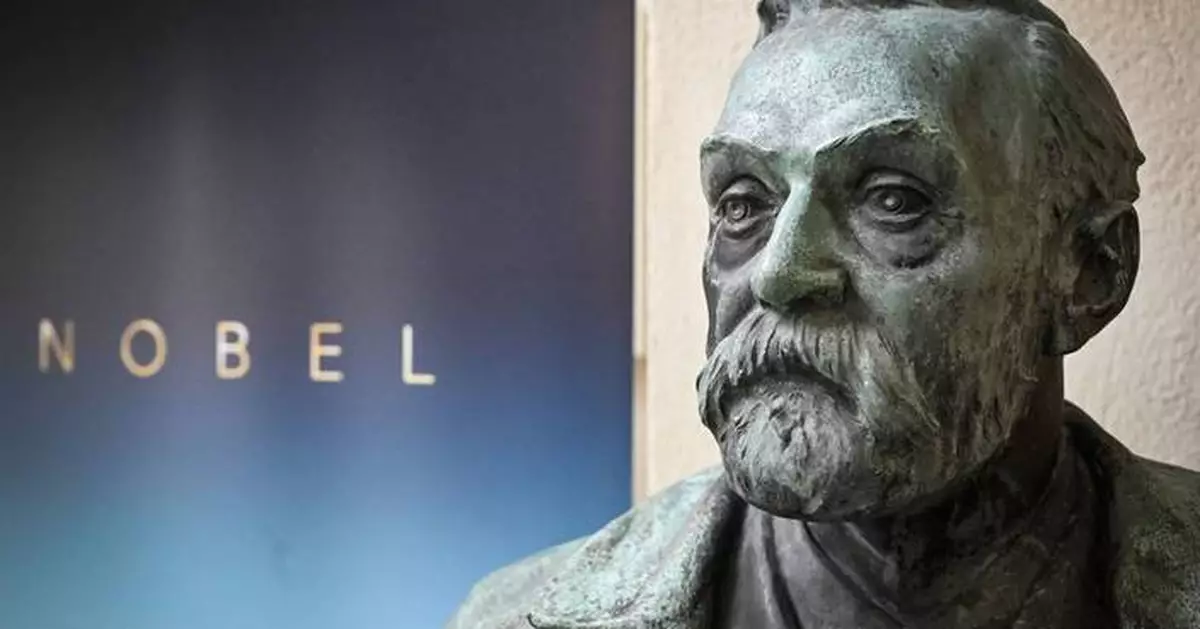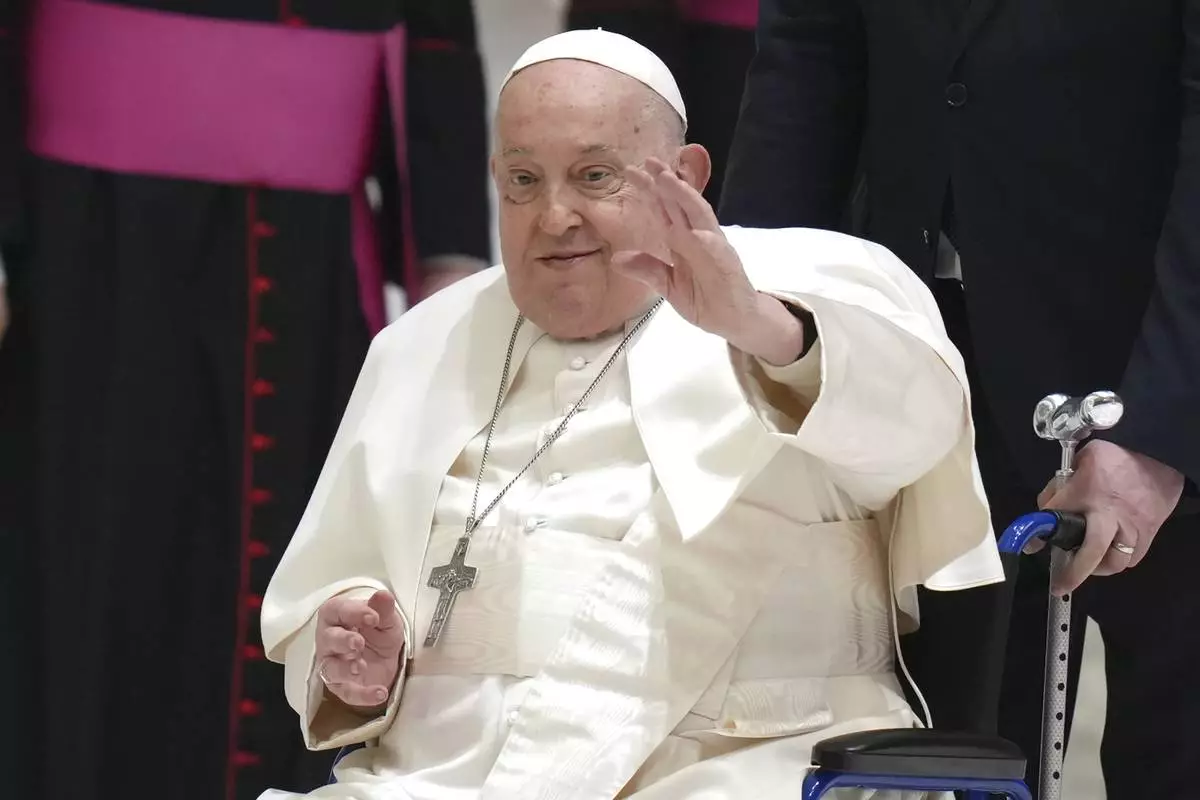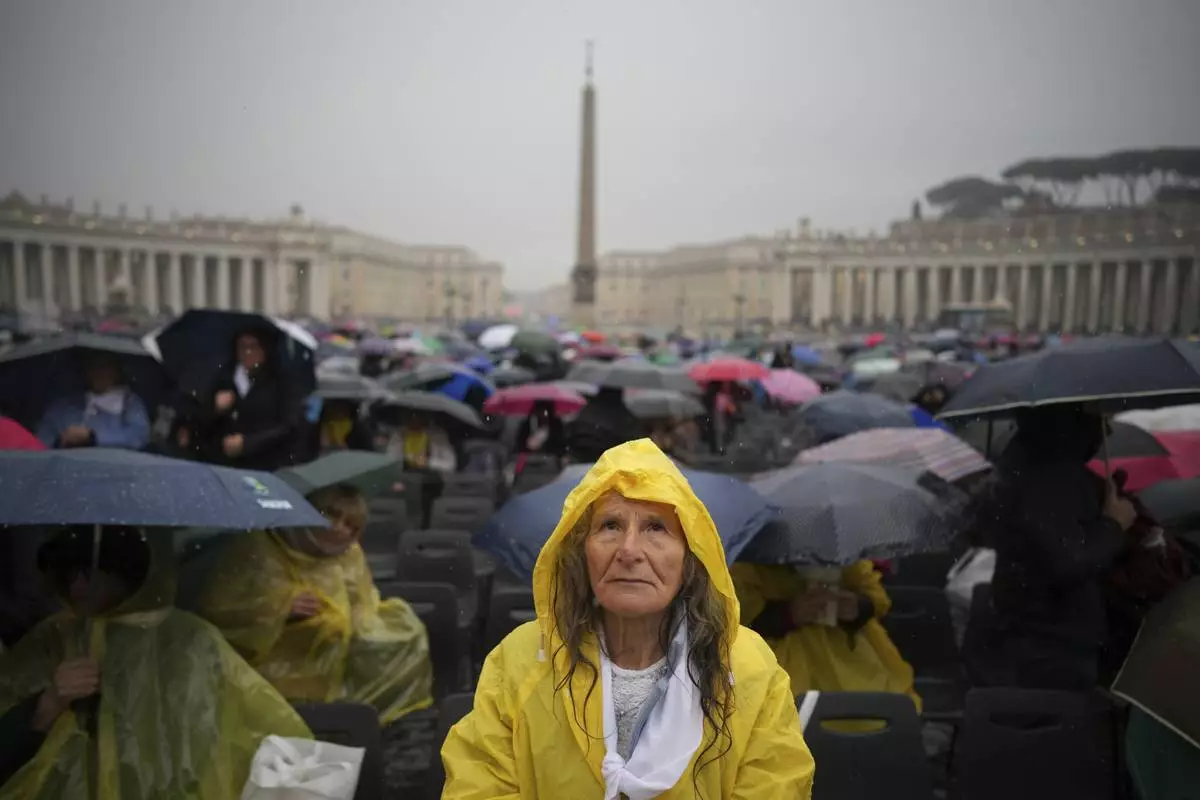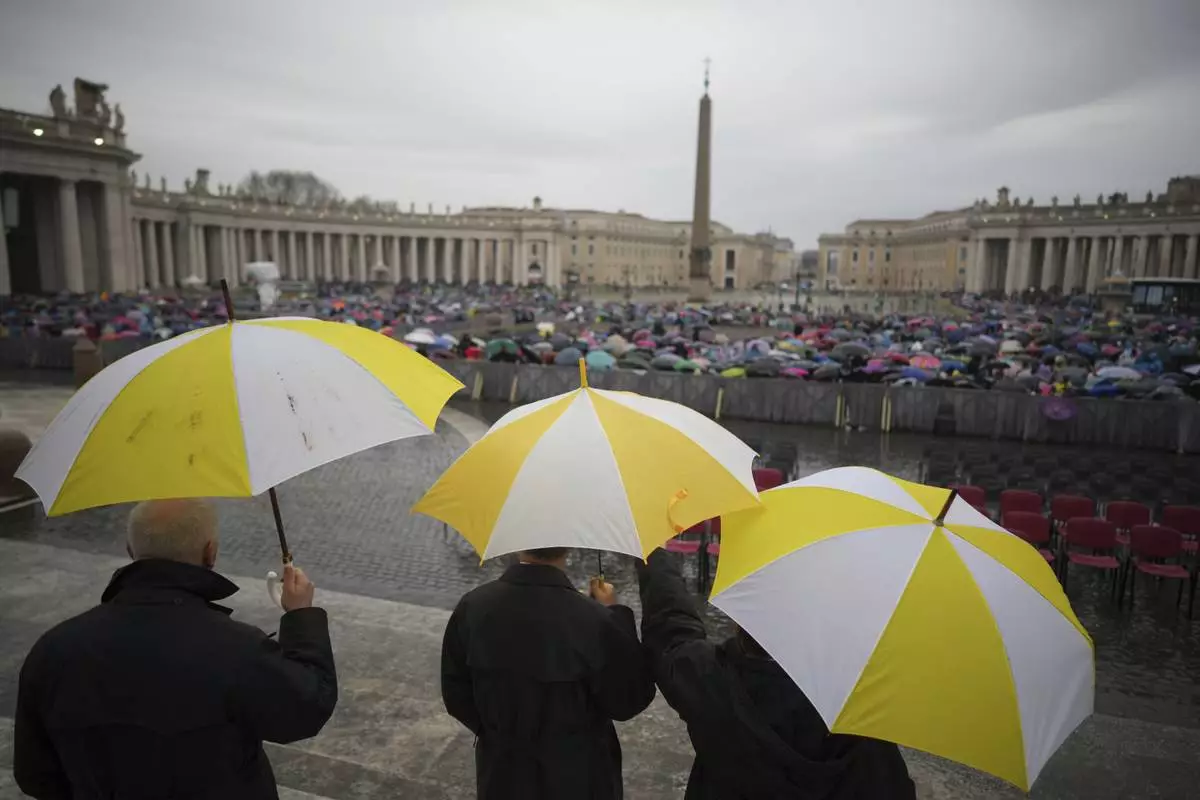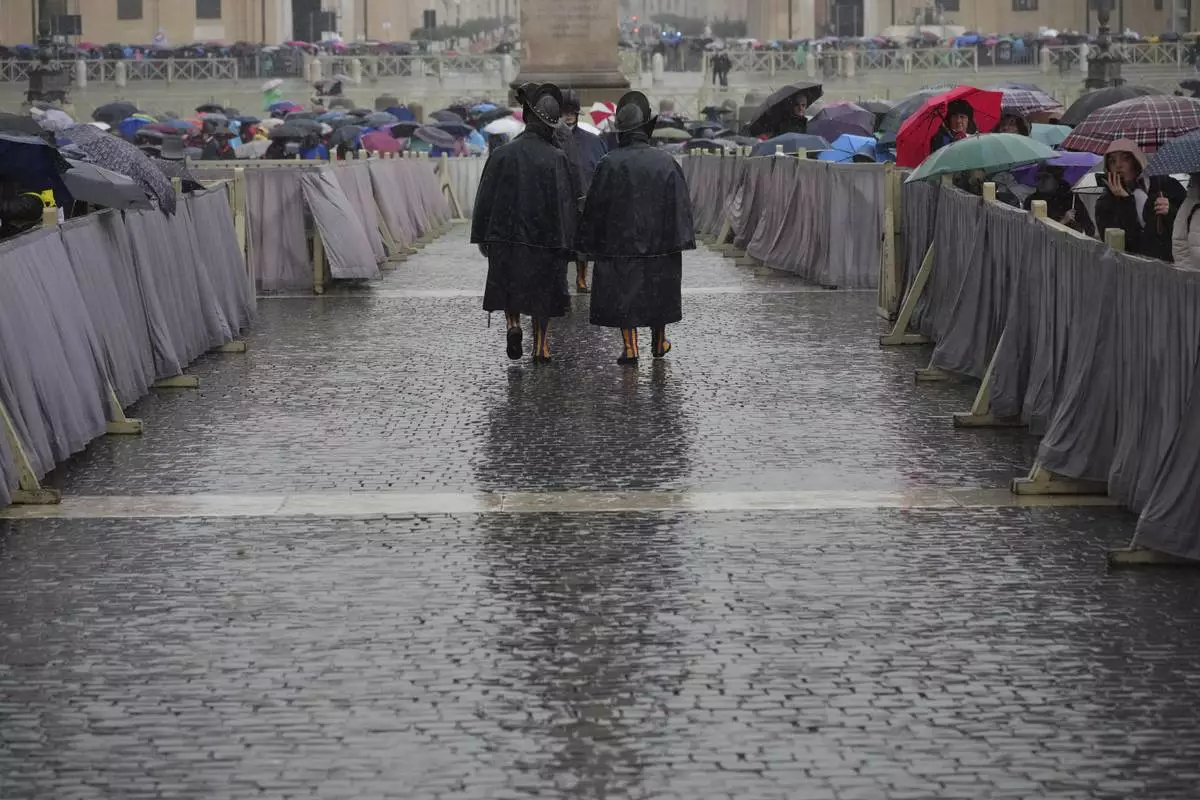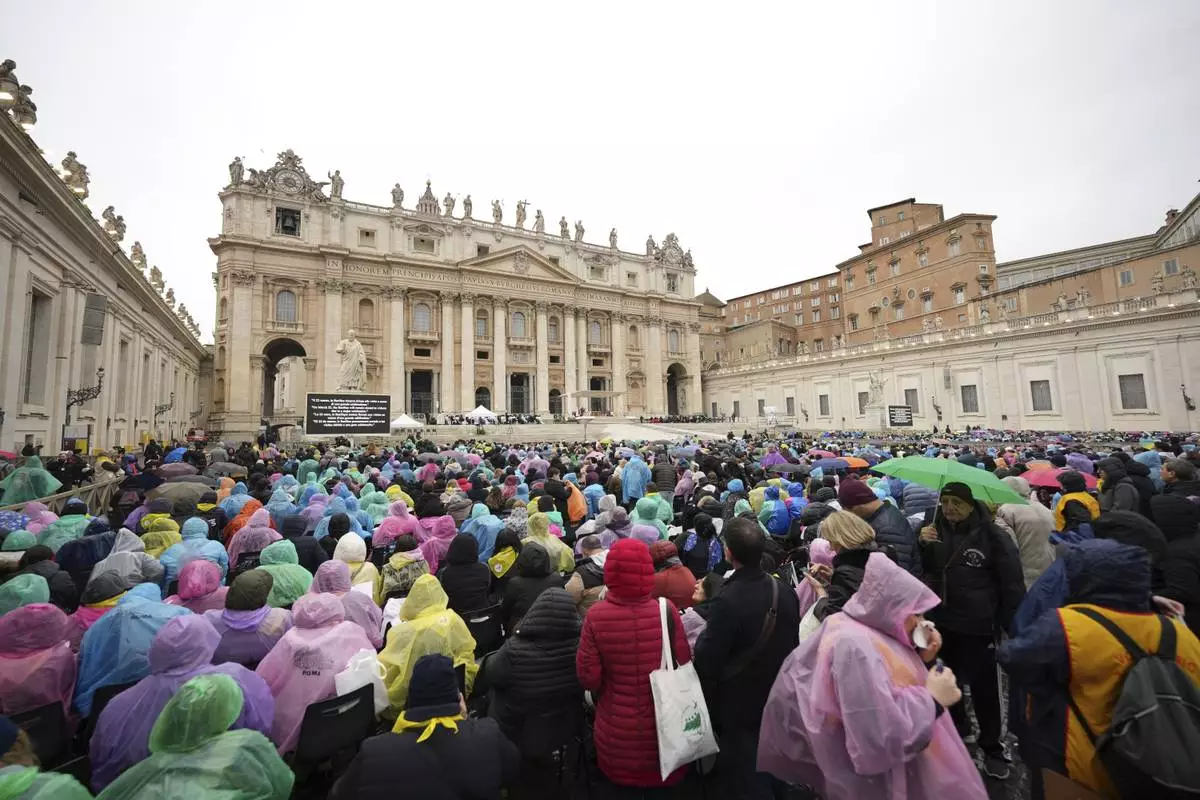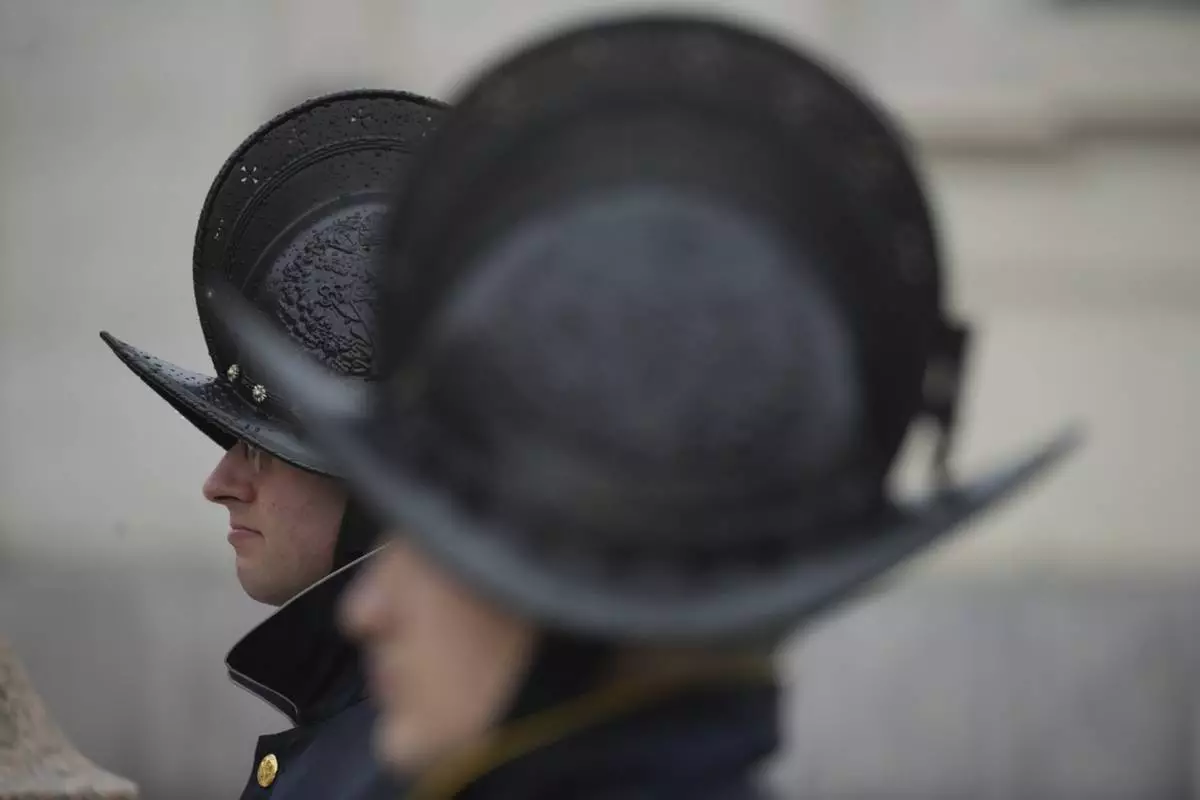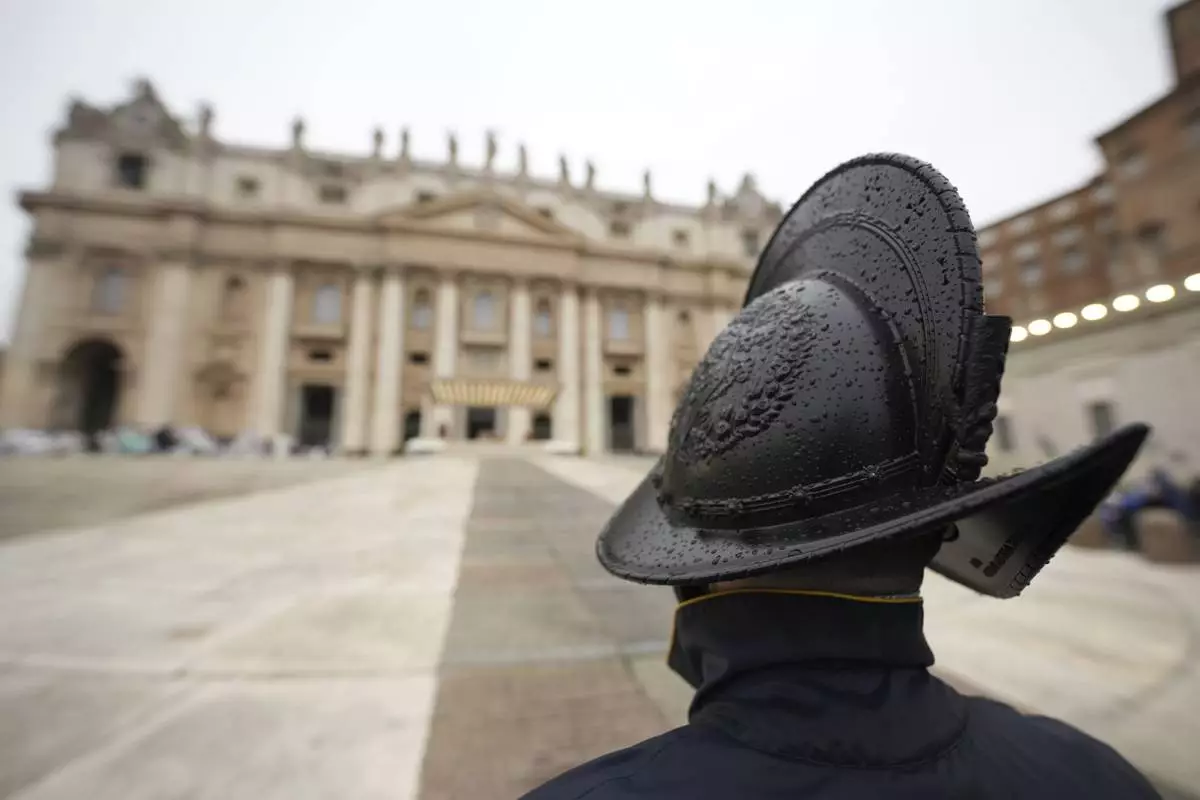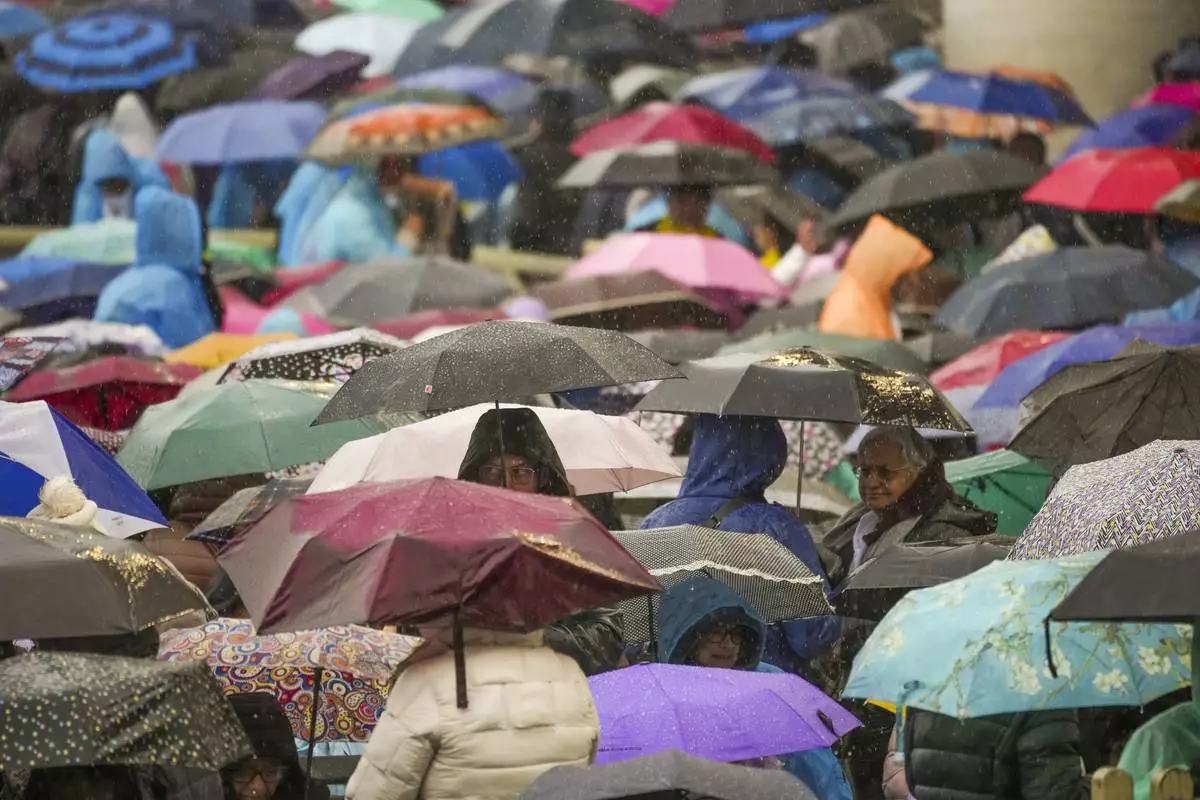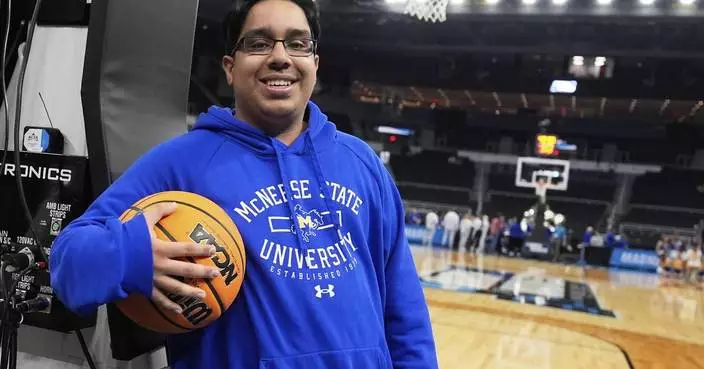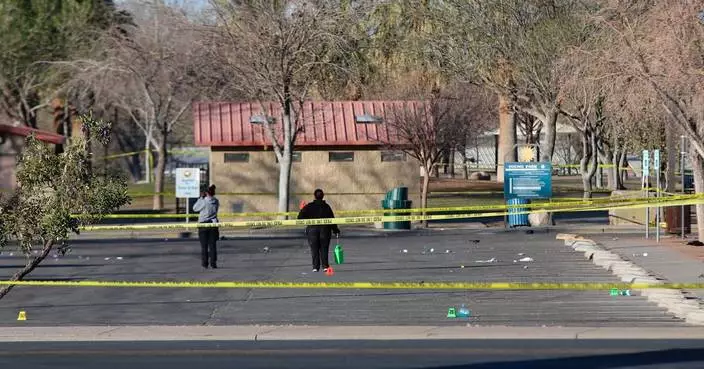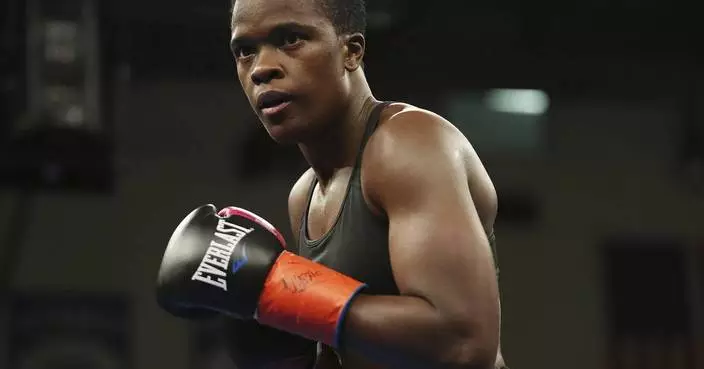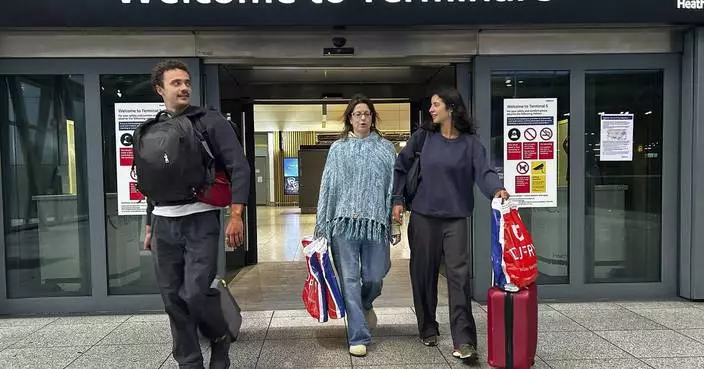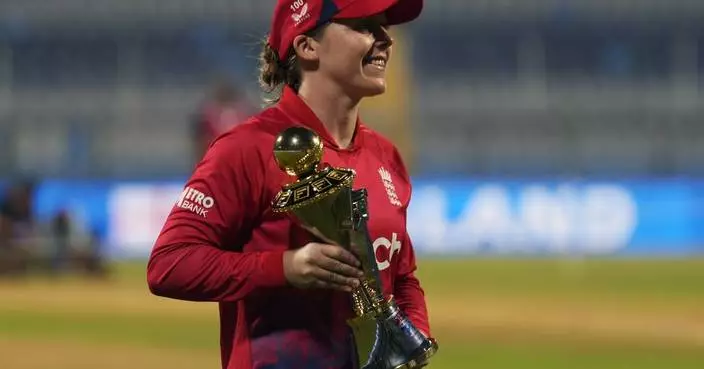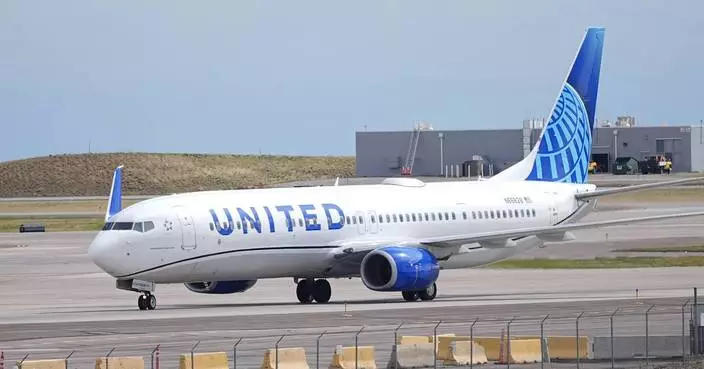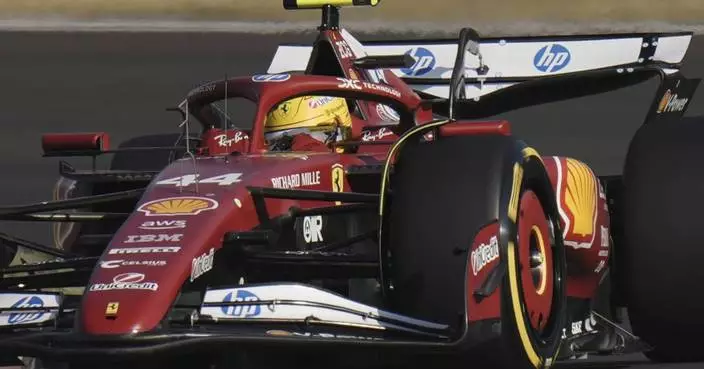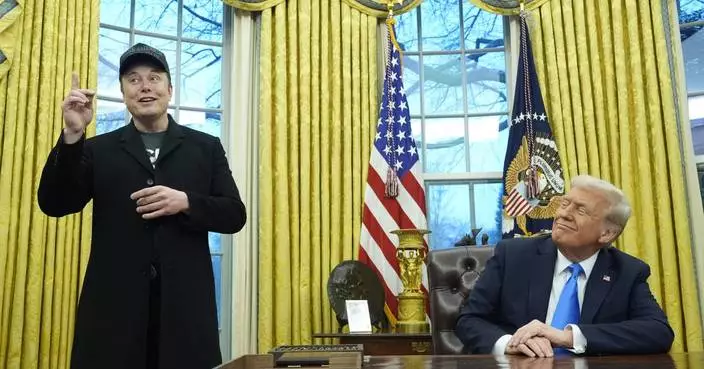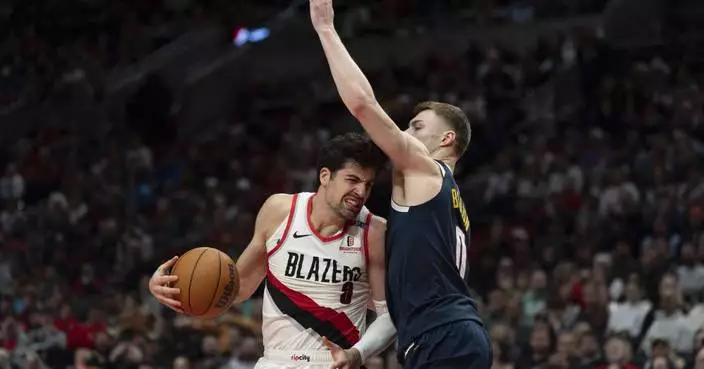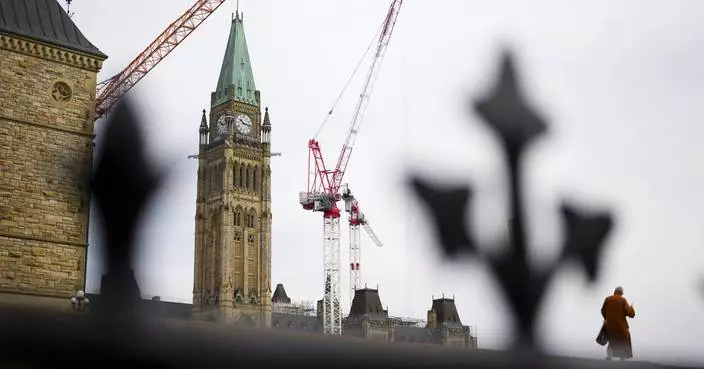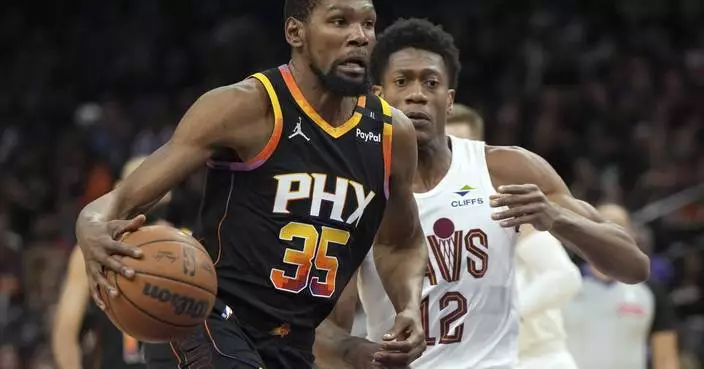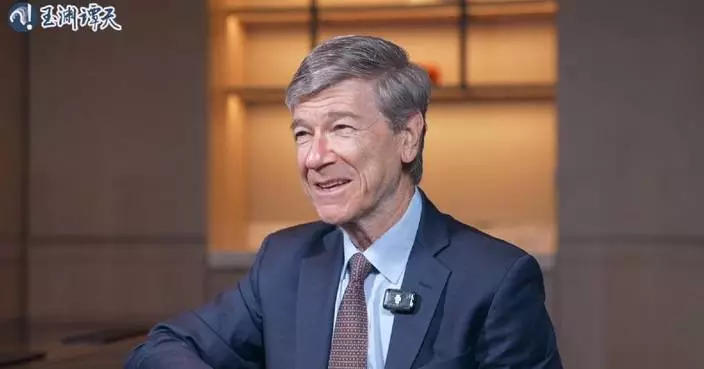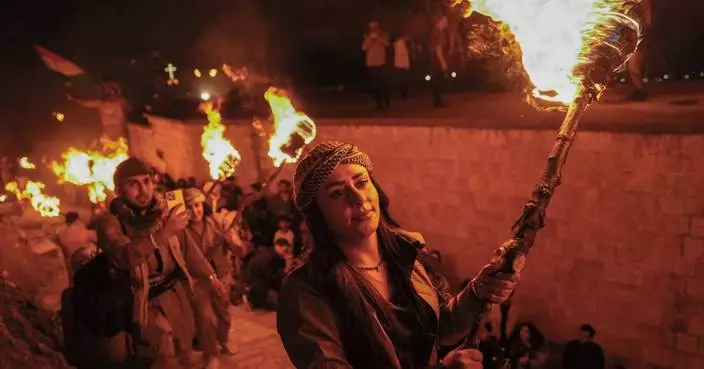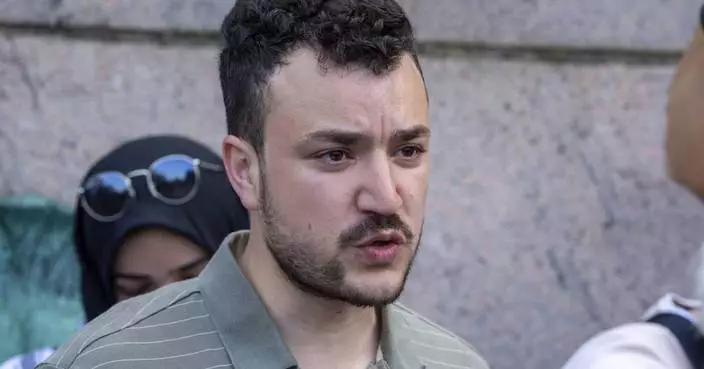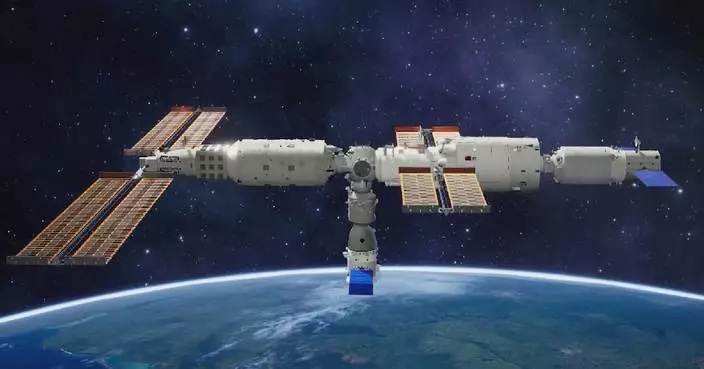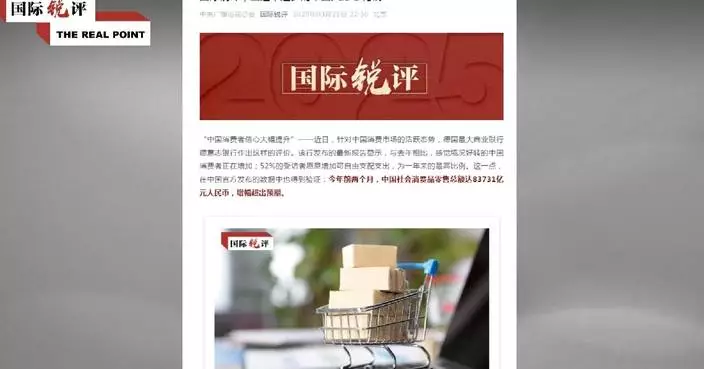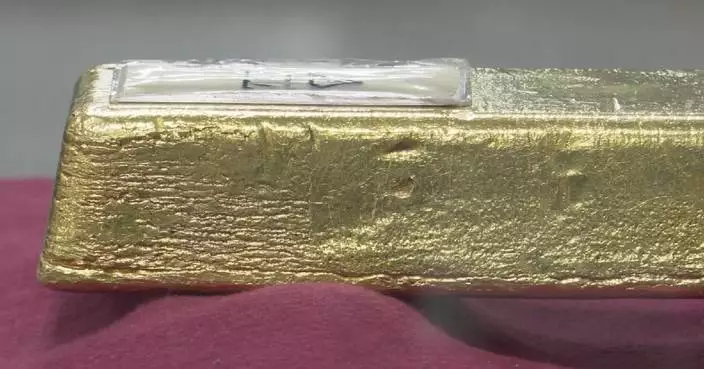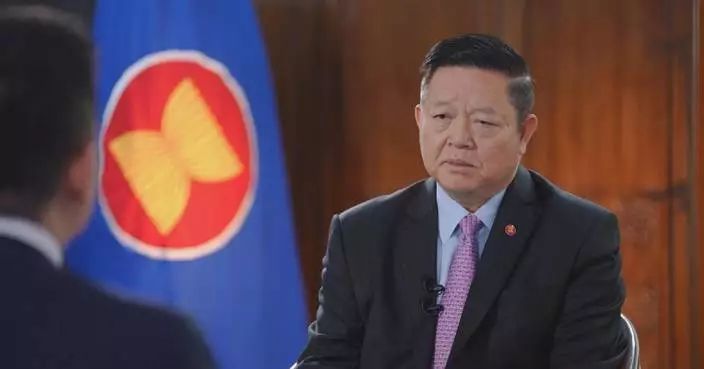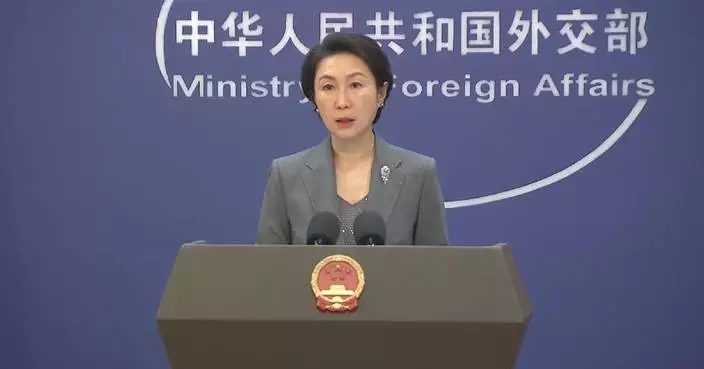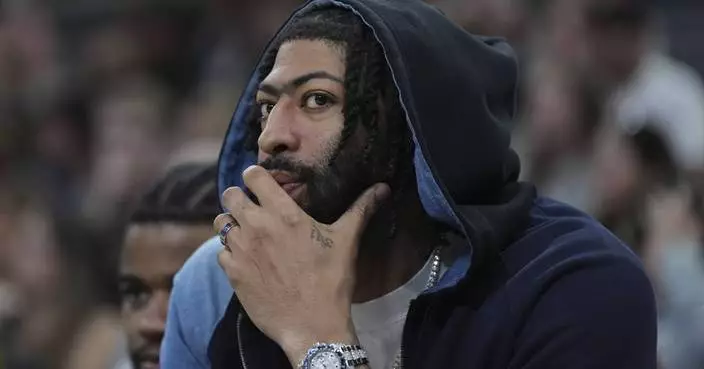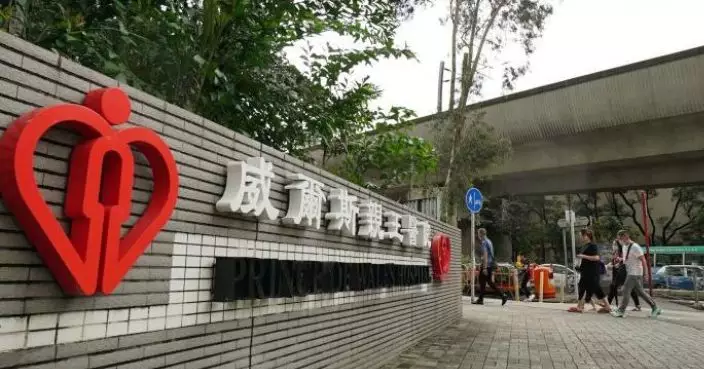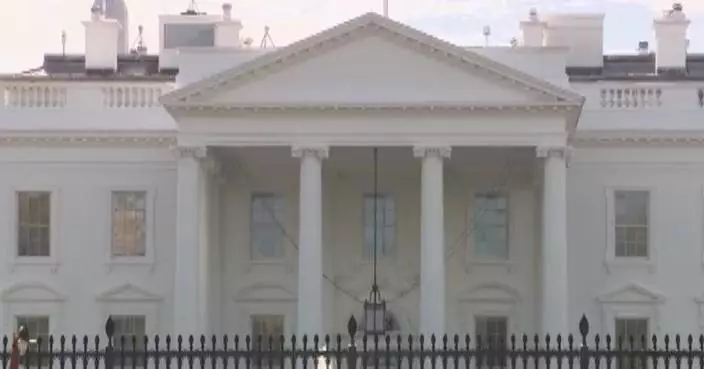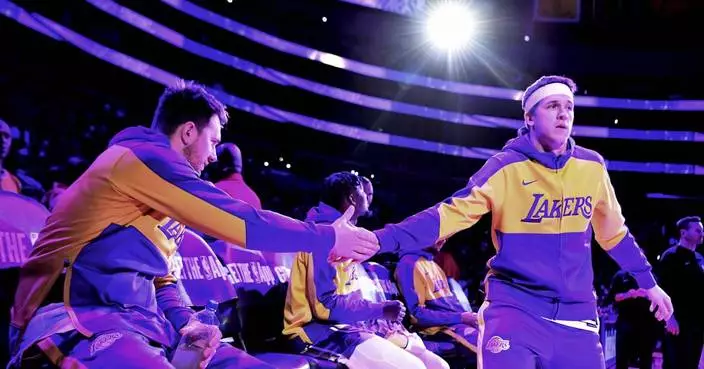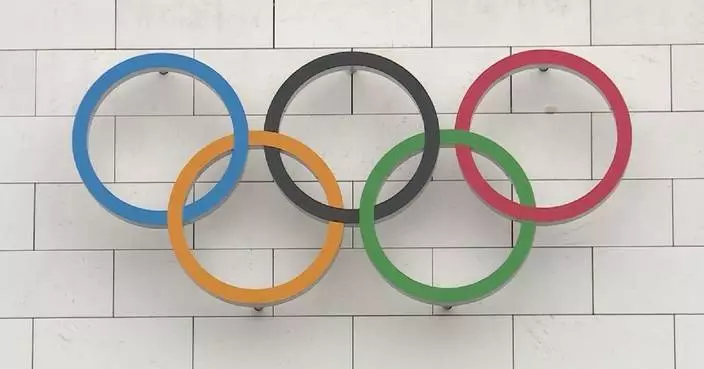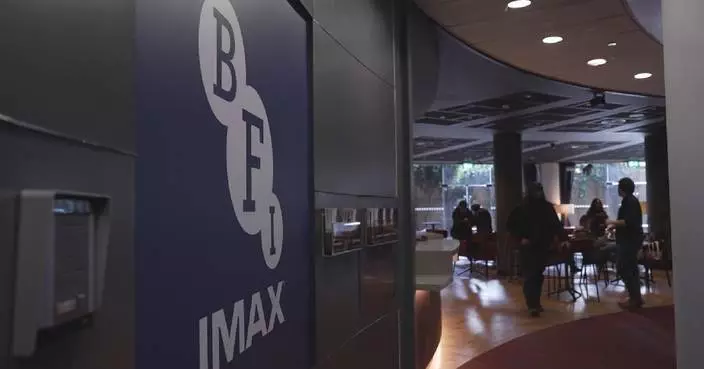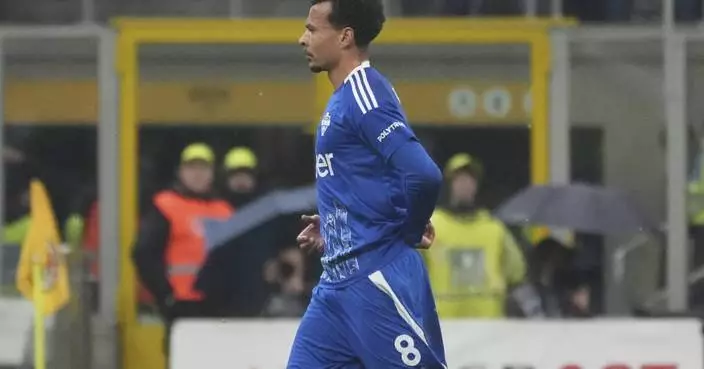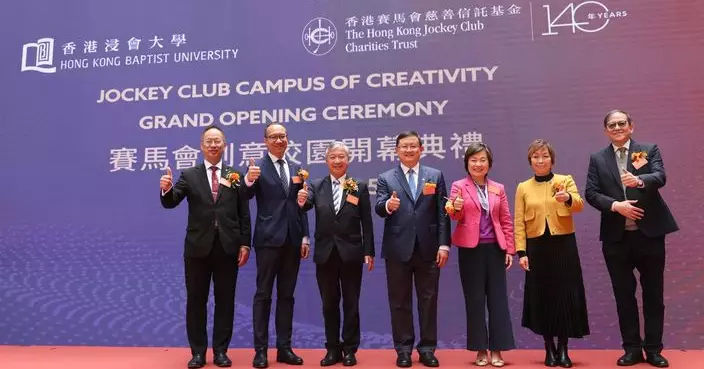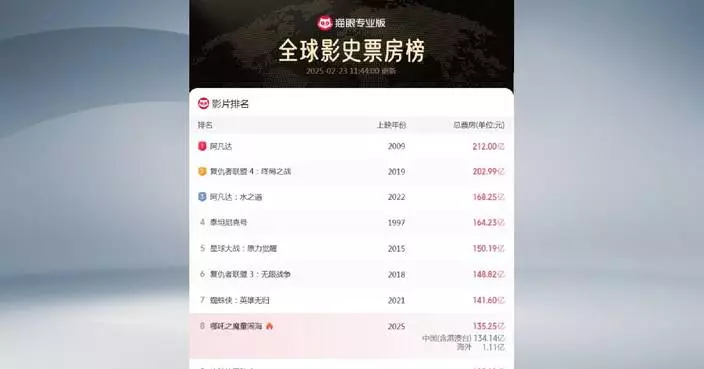STOCKHOLM (AP) — Two scientists won the Nobel Prize in physiology or medicine on Monday for their discovery of microRNA, tiny bits of genetic material that serve as on and off switches inside cells that help control what the cells do and when they do it.
If scientists can better understand how they work and how to manipulate them, it could one day lead to powerful treatments for diseases like cancer.
The work by Americans Victor Ambros and Gary Ruvkun is “proving to be fundamentally important for how organisms develop and function," according to a panel that awarded the prize in Stockholm.
Ambros and Ruvkun were initially interested in genes that control the timing of different genetic developments, ensuring that cell types develop at the right time.
Their discovery ultimately “revealed a new dimension to gene regulation, essential for all complex life forms,” the panel said.
RNA is best known for carrying instructions for how to make proteins from DNA in the nucleus of the cell to tiny cellular factories that actually build the proteins. MicroRNA does not make proteins, but helps to control what cells are doing, including switching on and off critical genes that make proteins.
Last year’s Nobel for medicine went to scientists who discovered how to manipulate one of those types of RNA, known as messenger RNA or mRNA, now used to make vaccines for COVID-19.
Ambros' and Ruvkun's revolutionary discovery was initially made in worms; they set out to identify why some kinds of cells didn't develop in two mutant strains of worms commonly used as a research model in science.
“Their groundbreaking discovery revealed a completely new principle of gene regulation that turned out to be essential for multicellular organisms, including humans,” according to the citation explaining the importance of their work.
That mechanism has been at work for hundreds of millions of years and has enabled evolution of complex organisms, it said.
Ambros, currently a professor of natural science at the University of Massachusetts Medical School, performed the research at Harvard University. Ruvkun’s research was performed at Massachusetts General Hospital and Harvard Medical School, where he’s a professor of genetics.
The study of microRNA has opened up approaches to treating diseases like cancer because it helps regulate how genes work in our cells, said Dr. Claire Fletcher, a lecturer in molecular oncology at Imperial College London.
Fletcher said there were two main areas where microRNA could be helpful: in developing drugs to treat diseases and in serving as possible indicators of diseases, by tracking microRNA levels in the body.
“If we take the example of cancer, we’ll have a particular gene working overtime, it might be mutated and working in overdrive,” said Fletcher. She said scientists might one day be able to use microRNA to stop such effects.
Eric Miska, a geneticist at Cambridge University, said the discovery by Ambros and Ruvkun came as a complete surprise, overturning what scientists had long understood about how cells work.
Their discovery of microRNA shocked many scientists, Miska said, explaining that such small bits of genetic material had never been seen before. The tiny fragments of RNA — the human genome has at least 800 — were later found to play critical roles in how our bodies develop.
Miska said there is ongoing work on the role of microRNA in infectious diseases like hepatitis and that it might also be helpful in treating neurological diseases.
Fletcher said the most advanced studies to date are reviewing how microRNA approaches might help treat skin cancer, but no drugs have yet been approved. She predicted that might happen in the coming years, adding that most treatments at the moment target cell proteins.
“If we can intervene at the microRNA level, it opens up a whole new way of us developing medicines,” she said.
The phone call from the Nobel panel is often a surprise, but there are certain signs that recipients and their families pick up on.
“Well, when a phone rings at 4:30 in the morning. ... It never happens here,” Ruvkun said.
“Natasha actually answered it,” Ruvkun added, referring to his wife. “And she goes: ‘He has a Swedish accent.’”
It took a little longer to rouse Ambros.
“Somebody called my son, who called my wife as my phone was downstairs,” he said.
Ruvkun knew immediately the impact the award would have on his life.
“Well, I just kept repeating in my mind, this changes everything because you know, the Nobel is just mythic in how it transforms the life of people who are selected,” Ruvkun said. “The Nobel Prize is a recognition that’s sort of 100 times as much press and celebration as any other award. So, it’s not part of a continuum. It’s a quantum leap.”
Going to pick up his award in December will be the third time he has been to a Nobel Prize ceremony in Stockholm after attending to watch his mentor Robert Horvitz receive the 2002 award and then his buddy Jack Szostak, who won in 2009.
“There’s a trip coming up. It will be the third, possibly the best,” Ruvkun said.
Ambros said he didn’t expect the award as he felt that the Nobel committee has already singled out RNA in the 2006 prize that went to his friends Andrew Fire and Craig Mello.
“It represents the recognition of how wonderful and unexpected discoveries come from a curiosity in basic science financed by taxpayer money. It’s a vitally important, probably the most important message, that this investment really pays off,” he said.
Last year, the Nobel Prize in physiology or medicine went to Hungarian-American Katalin Karikó and American Drew Weissman for discoveries that enabled the creation of mRNA vaccines against COVID-19 that were critical in slowing the pandemic.
The prize carries a cash award of 11 million Swedish kronor ($1 million) from a bequest left by the prize’s creator, Swedish inventor Alfred Nobel.
Nobel announcements continue with the physics prize on Tuesday, chemistry on Wednesday and literature on Thursday. The Nobel Peace Prize will be announced Friday and the Nobel Memorial Prize in Economic Sciences on Oct. 14.
This story has been updated to clarify that microRNA helps regulate gene activity, rather than carrying instructions for making proteins.
Corder reported from The Hague, Netherlands, Cheng reported from London. Associated Press journalists Steven Senne and Rodrique Ngowi in Newton, Massachusetts, and Adithi Ramakrishnan in New York contributed.
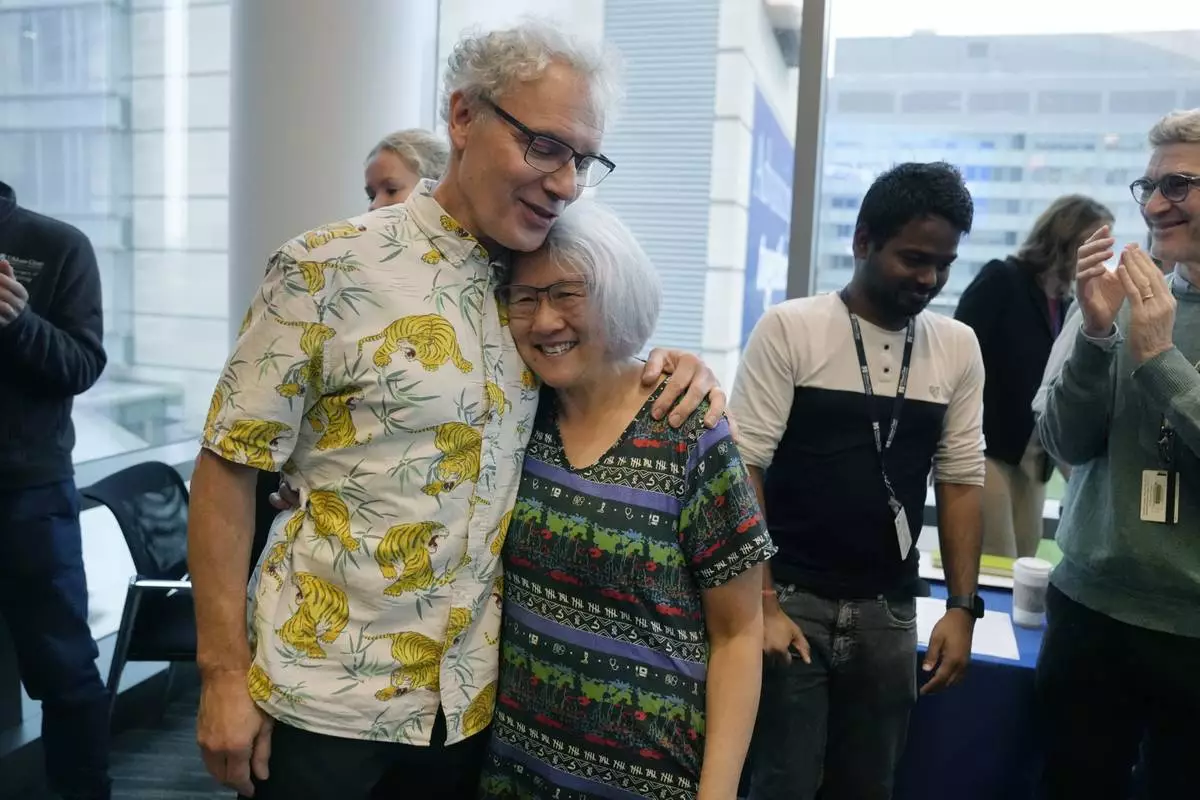
Victor Ambros, left, 2024 Nobel Prize winner in physiology or medicine, and professor of natural science at the University of Massachusetts Medical School, hugs his wife Rosalind Lee following a news conference, Monday, Oct. 7, 2024, at the school in Worcester, Mass. (AP Photo/Steven Senne)
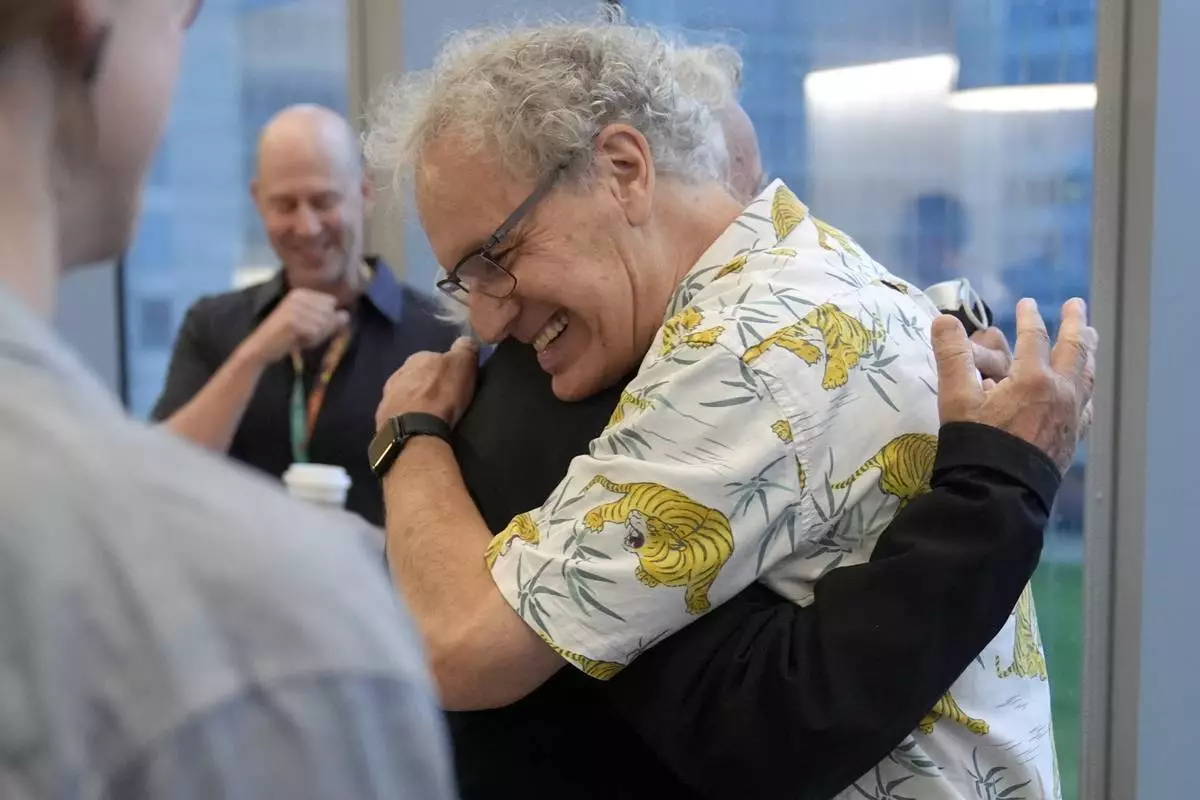
Victor Ambros, 2024 Nobel Prize winner in physiology or medicine, and professor of natural science at the University of Massachusetts Medical School, right, hugs collegue Allan Jacobson, at the school, in Worcester, Mass. Monday, Oct. 7, 2024. (AP Photo/Steven Senne)
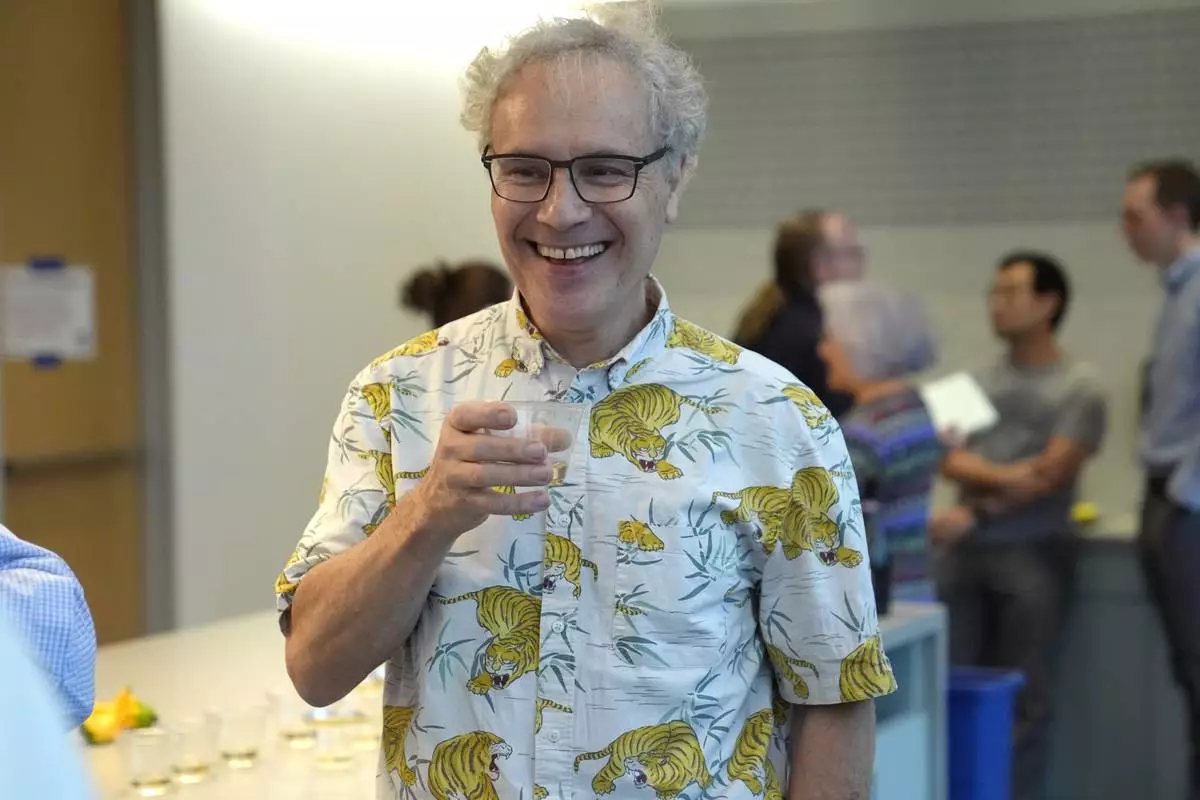
Victor Ambros, 2024 Nobel Prize winner in physiology or medicine, and professor of natural science at the University of Massachusetts Medical School, celebrates with colleagues, at the school, in Worcester, Mass. Monday, Oct. 7, 2024. (AP Photo/Steven Senne)
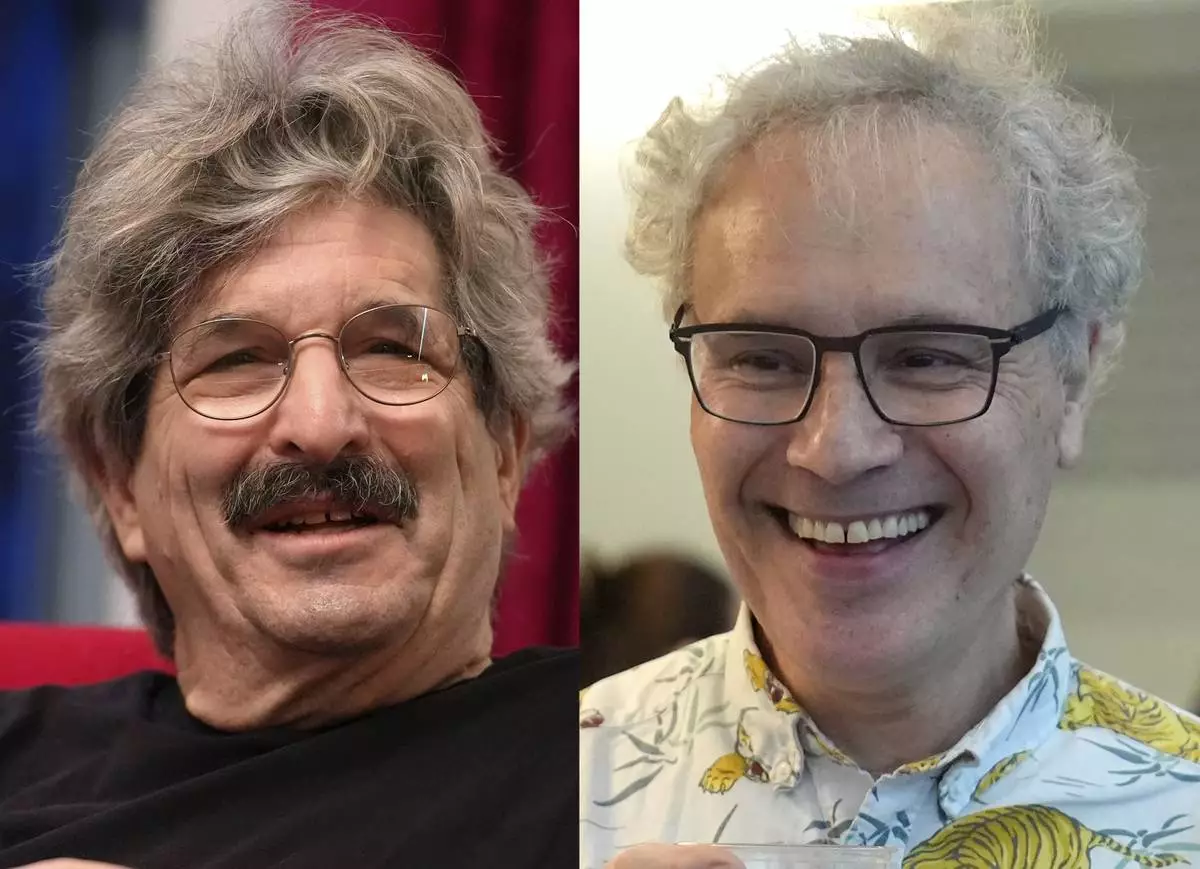
This photo combo shows 2024 Nobel Prize winners in physiology or medicine Gary Ruvkun, American molecular biologist, left, and Victor Ambros, professor of natural science at the University of Massachusetts Medical School, Monday, Oct. 7, 2024, in Newton, Mass. (AP Photo/Steven Senne)
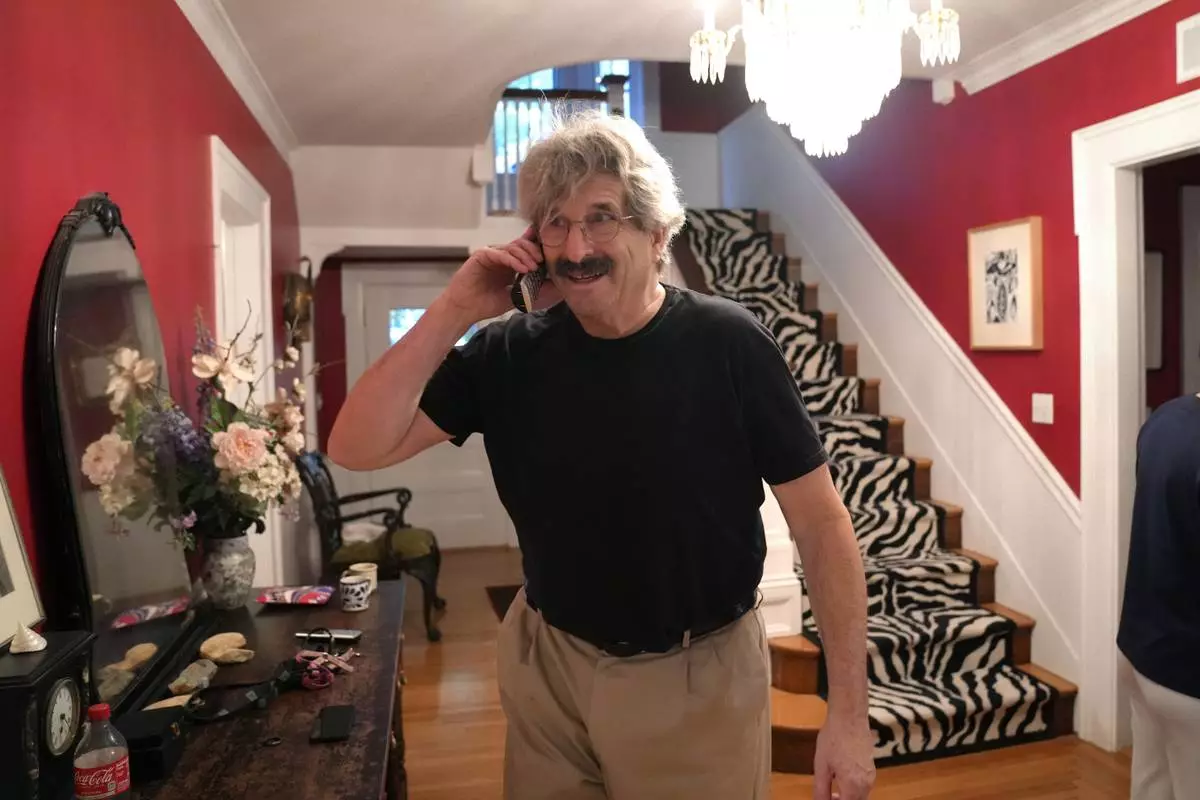
Gary Ruvkun, American molecular biologist, 2024 Nobel Prize winner in physiology or medicine, speaks on a phone, Monday, Oct. 7, 2024, at his home, in Newton, Mass. (AP Photo/Steven Senne)
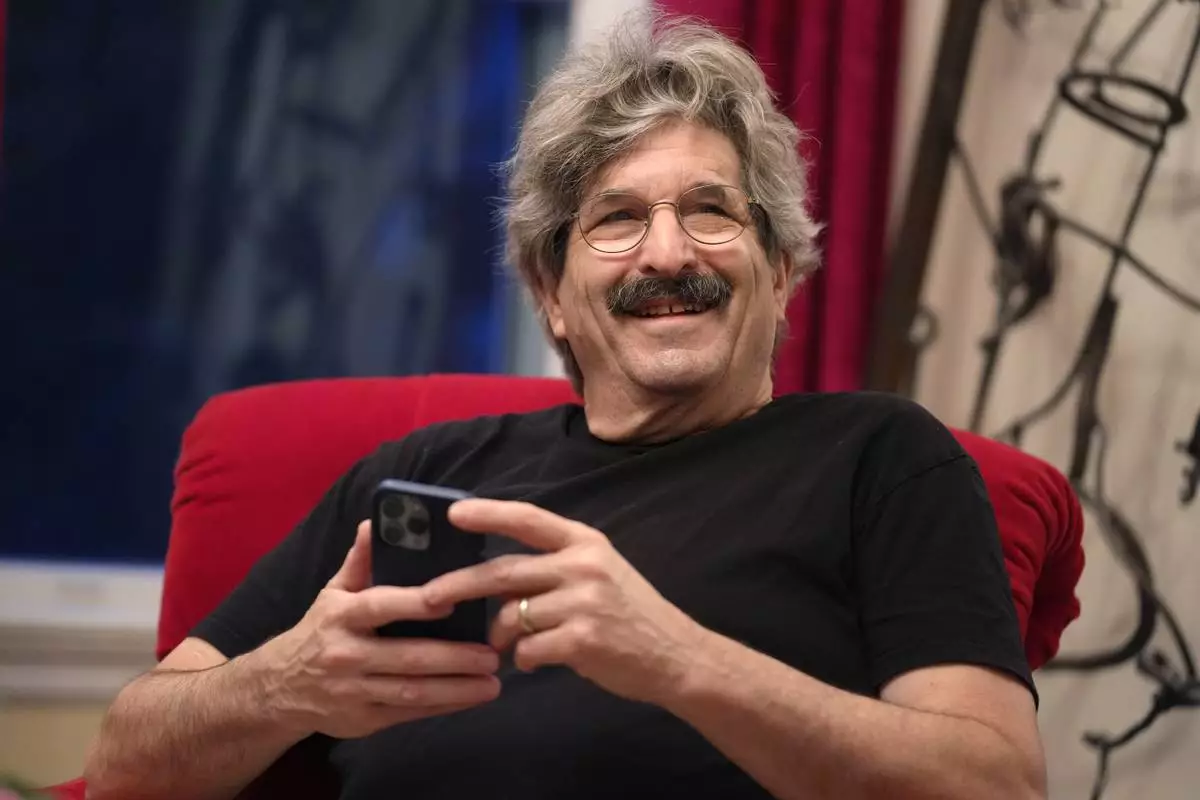
Gary Ruvkun, American molecular biologist, 2024 Nobel Prize winner in physiology or medicine, speaks with a reporter, Monday, Oct. 7, 2024, at his home, in Newton, Mass. (AP Photo/Steven Senne)
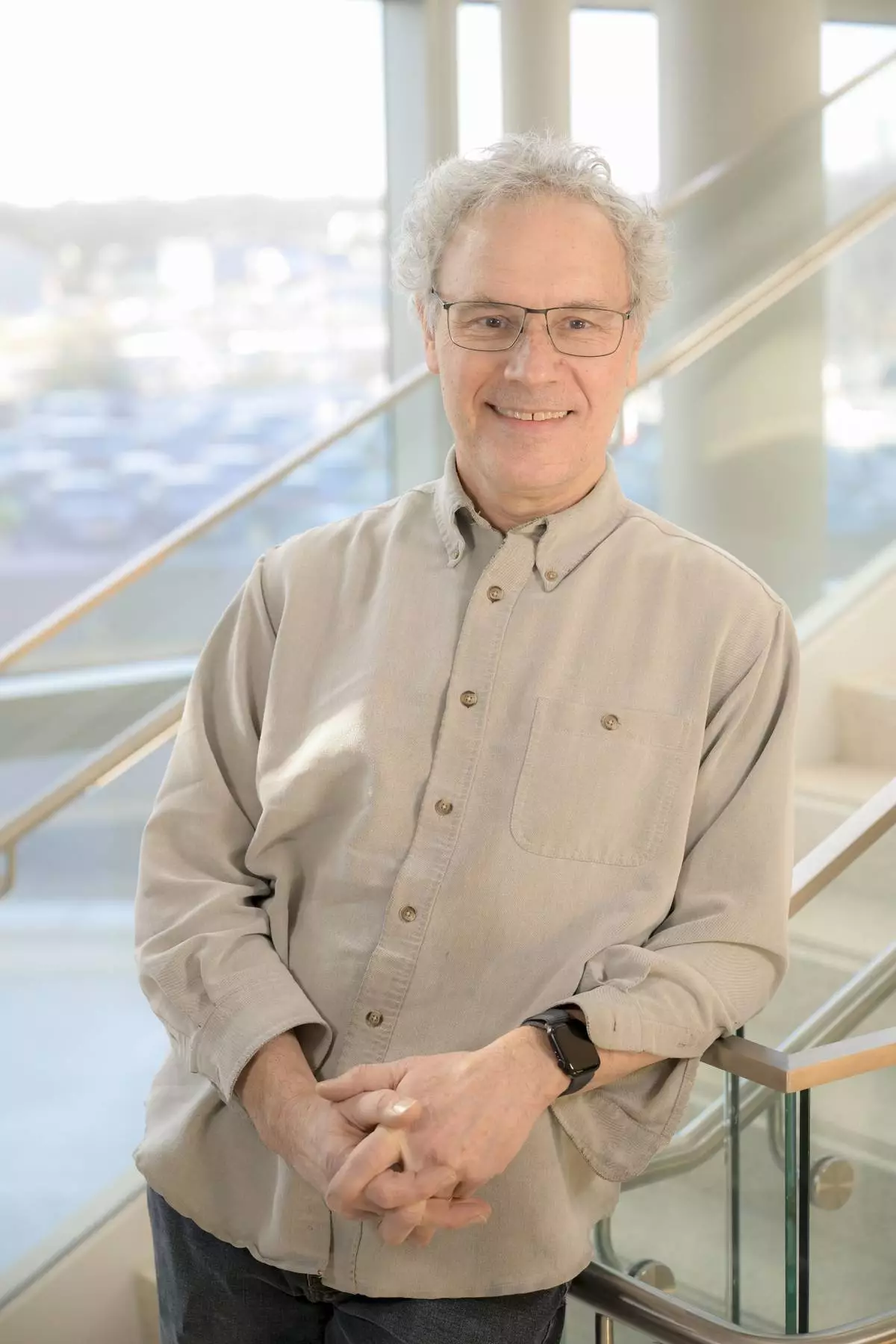
This picture released by UMass shows Victor Ambros, PhD, the Silverman Chair in Natural Sciences and professor of molecular medicine at UMass Chan in Worcester, Mass., Feb. 7, 2024. (Faith Ninivaggi via AP)
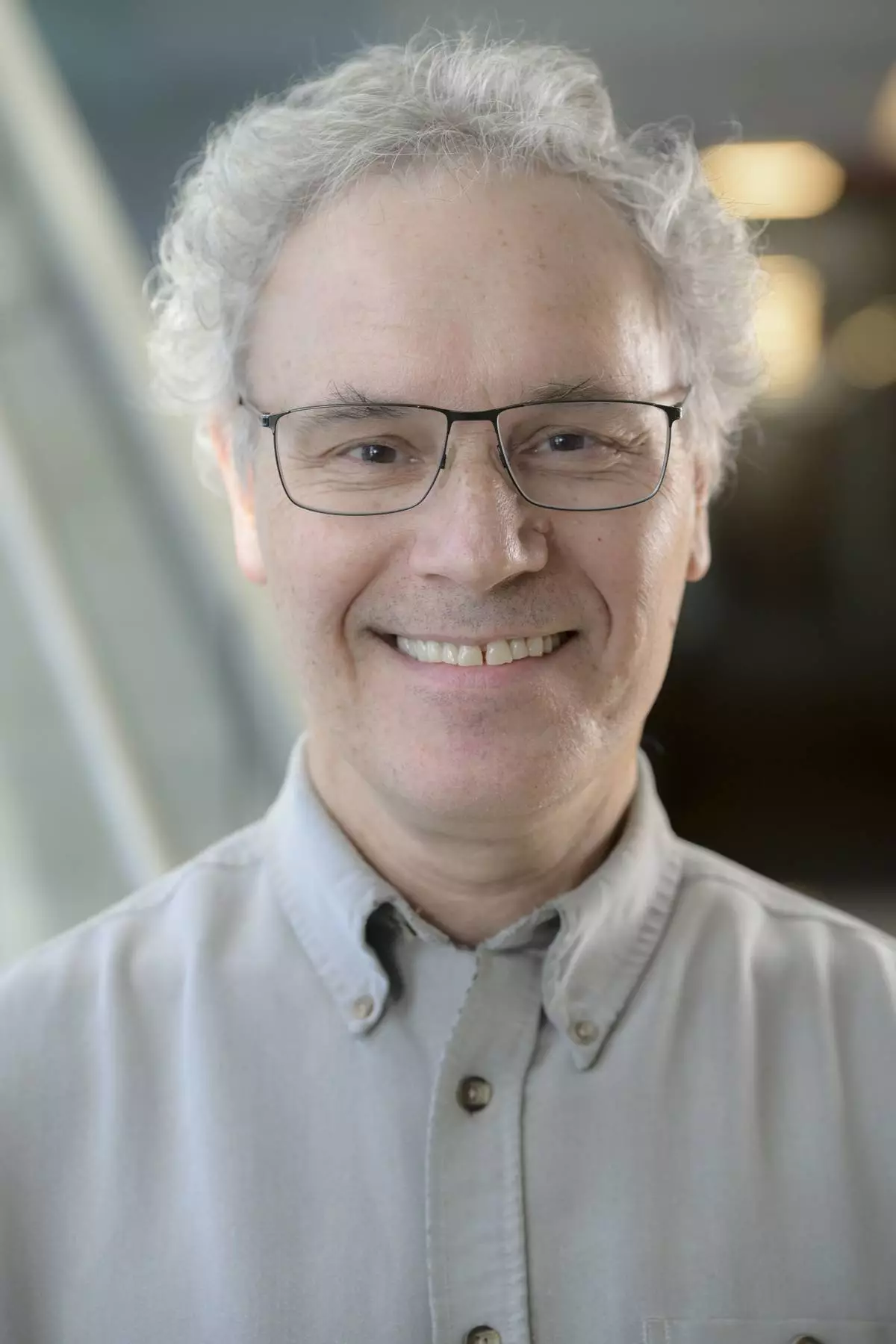
This picture released by UMass shows Victor Ambros, PhD, the Silverman Chair in Natural Sciences and professor of molecular medicine at UMass Chan in Worcester, Mass., Feb. 7, 2024. (Faith Ninivaggi via AP)
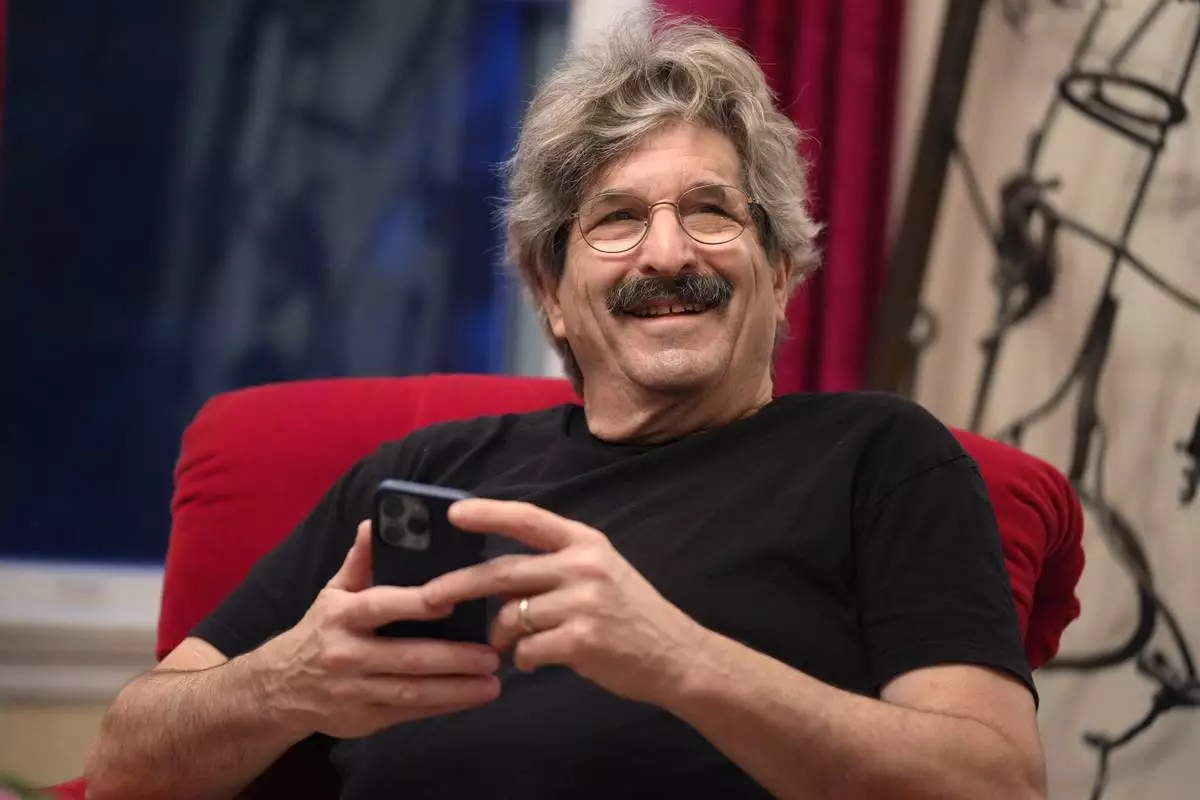
Gary Ruvkun, American molecular biologist, 2024 Nobel Prize winner in physiology or medicine, speaks with a reporter, Monday, Oct. 7, 2024, at his home, in Newton, Mass. (AP Photo/Steven Senne)
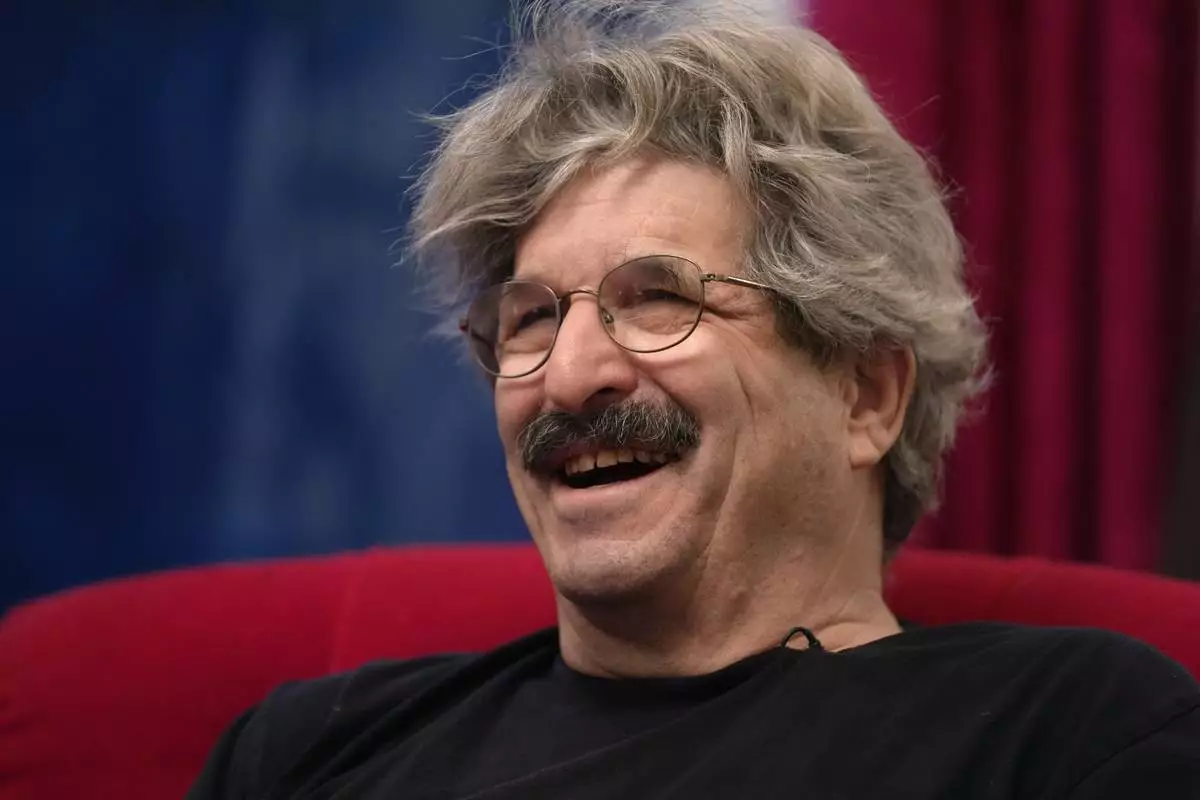
Gary Ruvkun, American molecular biologist, 2024 Nobel Prize winner in physiology or medicine, speaks with a reporter, Monday, Oct. 7, 2024, at his home, in Newton, Mass. (AP Photo/Steven Senne)
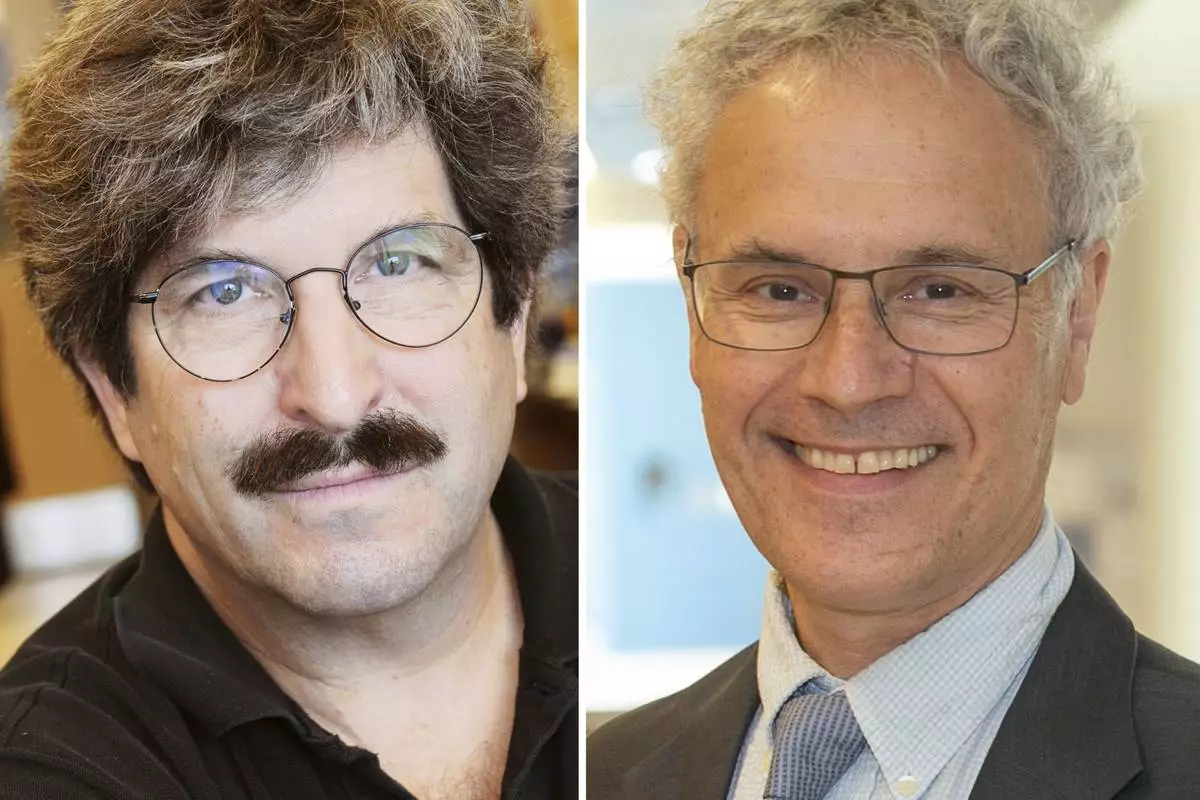
This combo of pictures released by Mass General and UMass show American molecular biologist Gary Ruvkun, left, and UMass Chair in Natural Sciences and professor of molecular medicine, Victor Ambros. (Joshua Touster and UMass via AP)
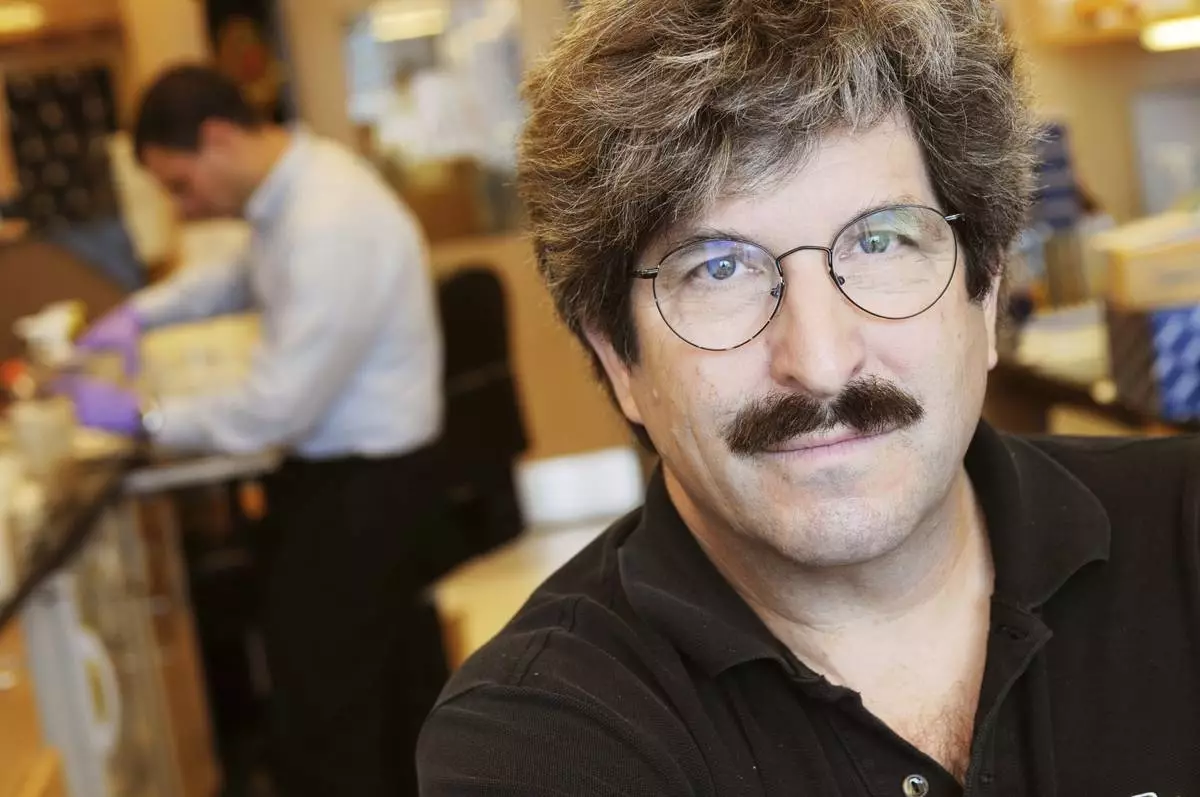
This undated picture released by Mass General shows American molecular biologist Gary Ruvkun. (Joshua Touster via AP)
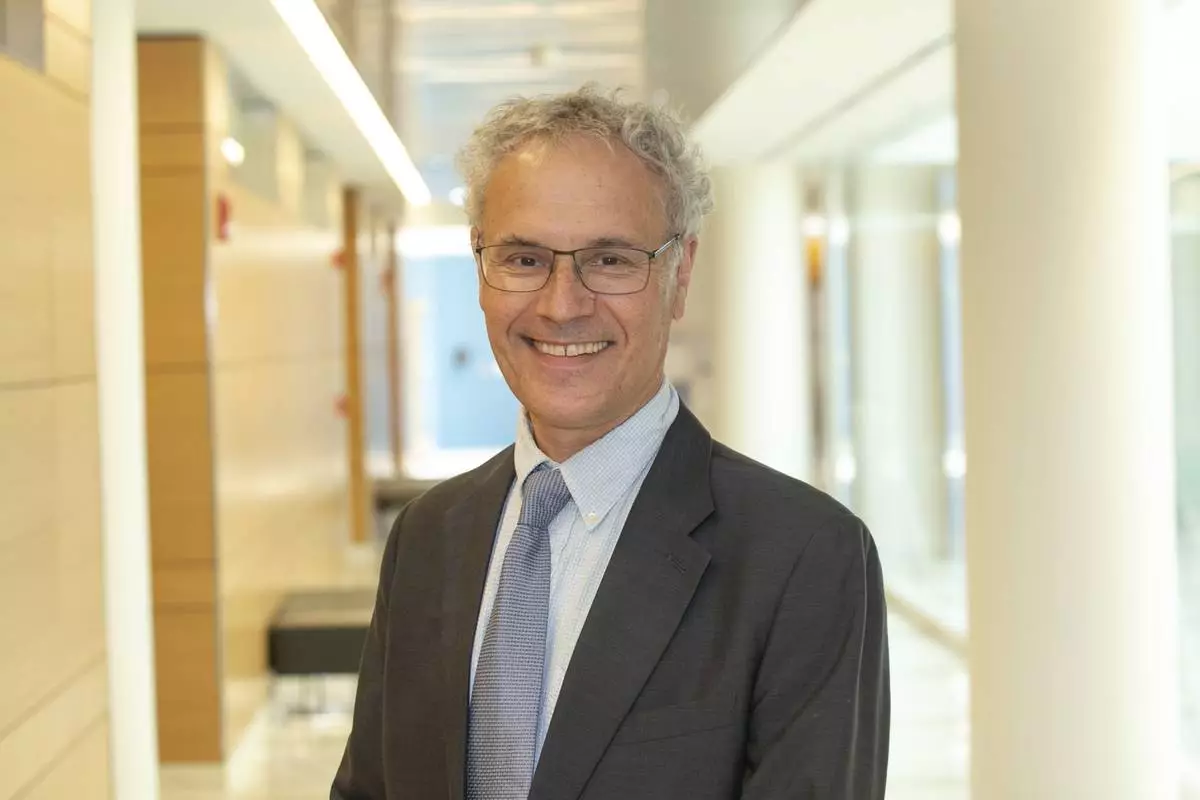
This undated picture released by UMass shows Victor Ambros, PhD, the Silverman Chair in Natural Sciences and professor of molecular medicine. (UMass via AP)
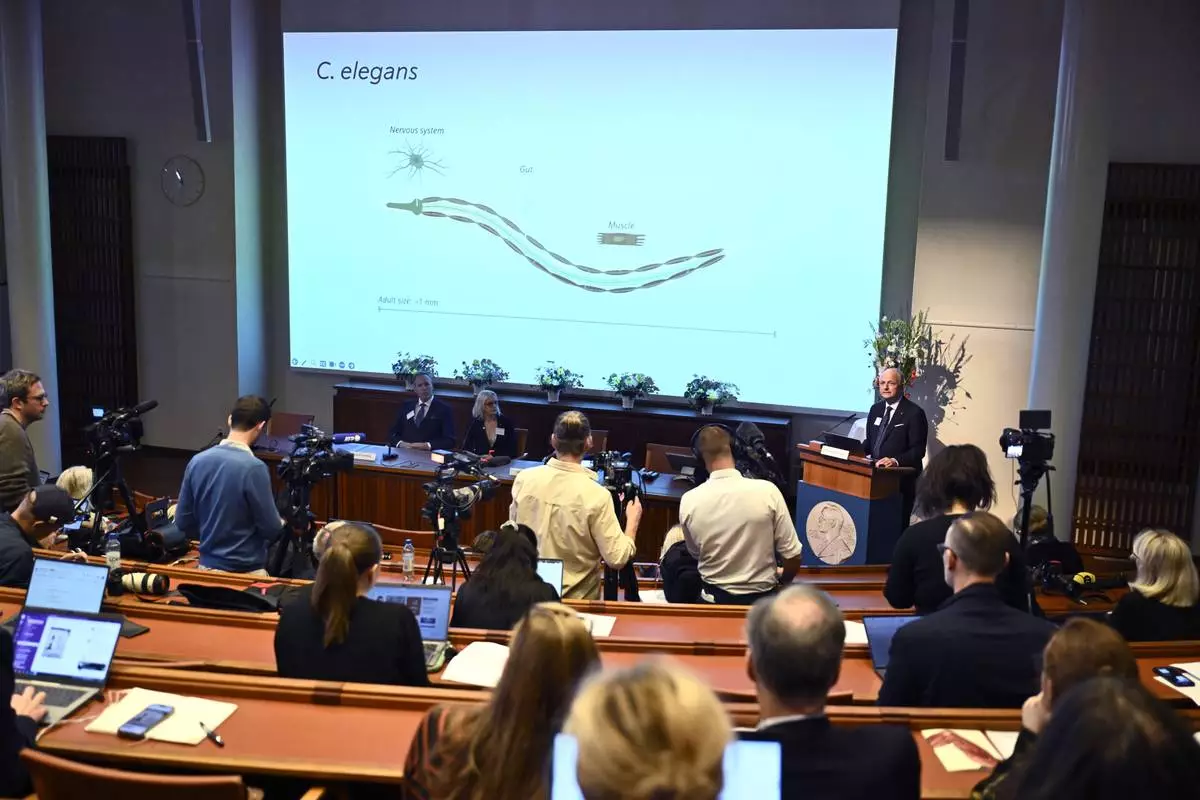
Olle Kämpe, right, professor of clinical endocrinology, explains the work of this year's Nobel Prize in Physiology or Medicine laureates Americans Victor Ambros, and Gary Ruvkun during a press conference at the Karolinska Institute in Stockholm, Sweden, on Monday, Oct. 7, 2024. (Christine Olsson/TT News Agency via AP)
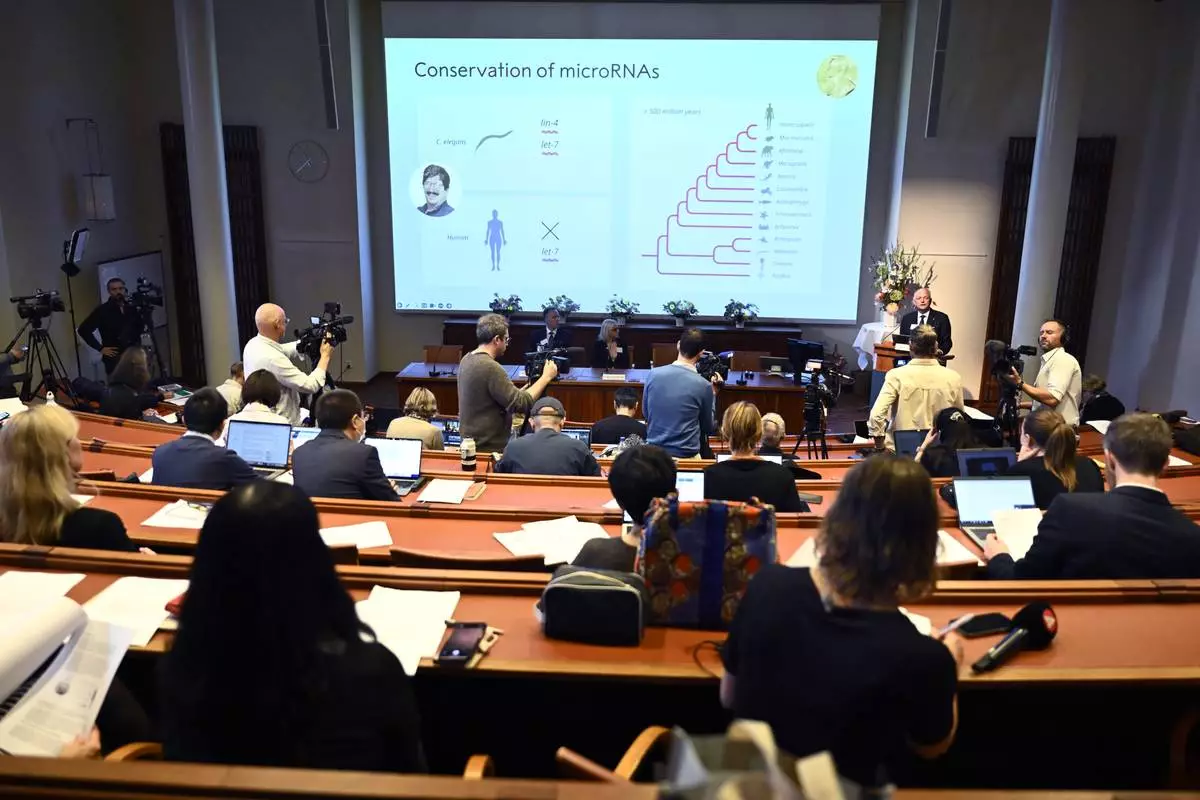
Olle Kämpe, right, professor of clinical endocrinology, explains the work of this year's Nobel Prize in Physiology or Medicine laureates Americans Victor Ambros, and Gary Ruvkun, pictured on the screen, during a press conference at the Karolinska Institute in Stockholm, Sweden, on Monday, Oct. 7, 2024. (Christine Olsson/TT News Agency via AP)
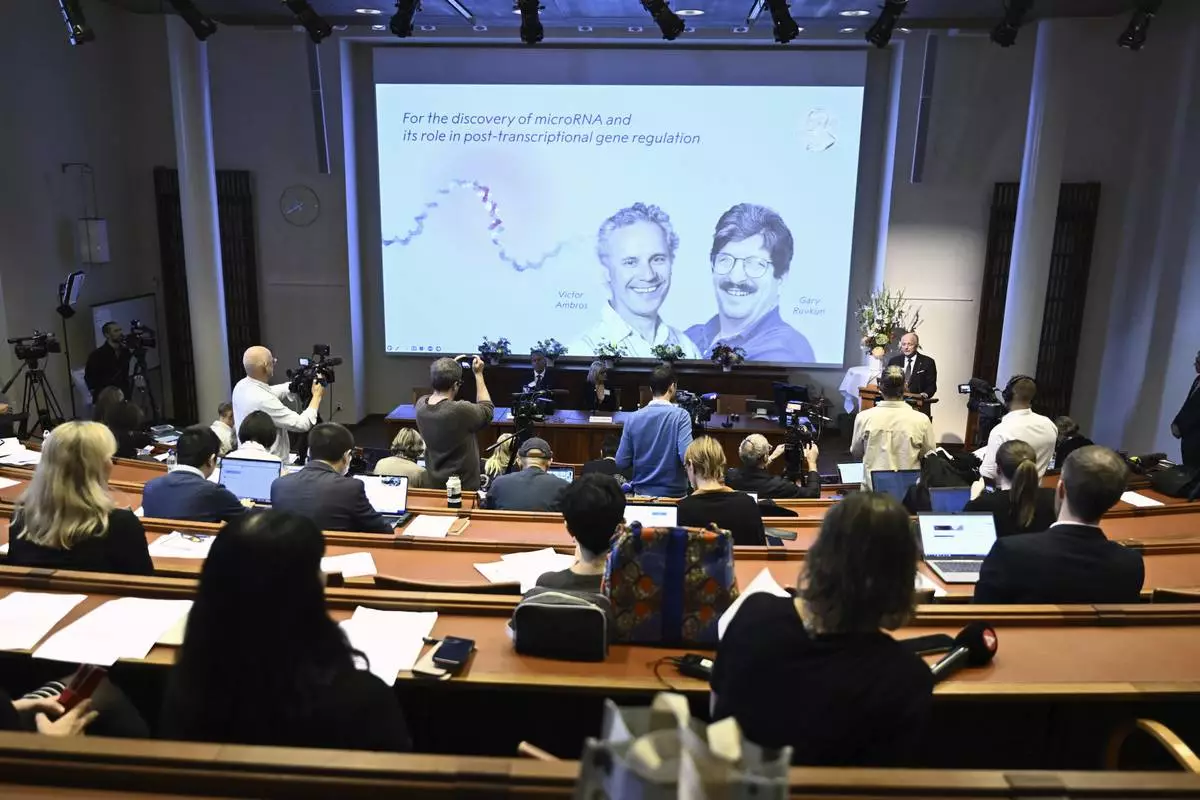
Americans Victor Ambros, left, and Gary Ruvkun, are seen on a screen after being awarded this year's Nobel Prize in Physiology or Medicine during a press conference to announce the winners at the Karolinska Institute in Stockholm, Sweden, on Monday, Oct. 7, 2024. (Christine Olsson/TT News Agency via AP)
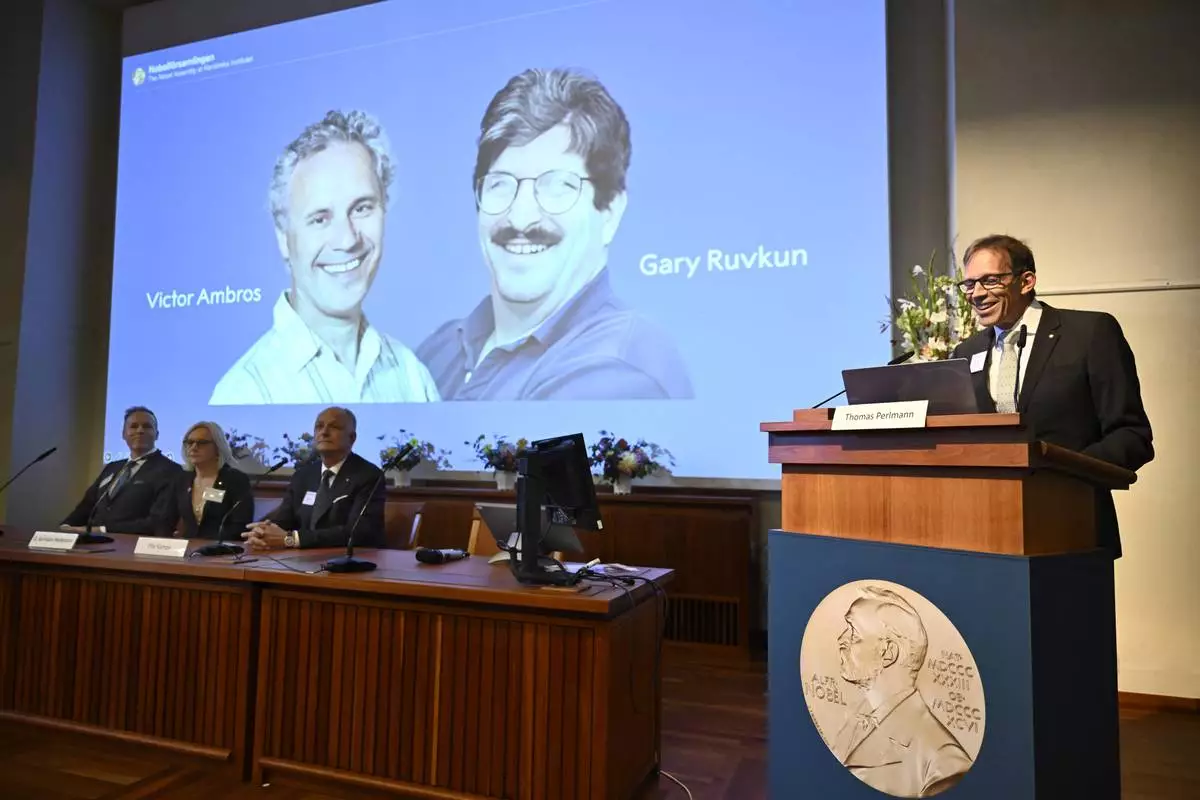
Nobel Committee chairman Thomas Perlmann, right, announces Americans Victor Ambros, left, and Gary Ruvkun, seen on a screen being awarded this year's Nobel Prize in Physiology or Medicine, during a press conference at the Karolinska Institute in Stockholm, Sweden, on Monday, Oct. 7, 2024. (Christine Olsson/TT News Agency via AP)
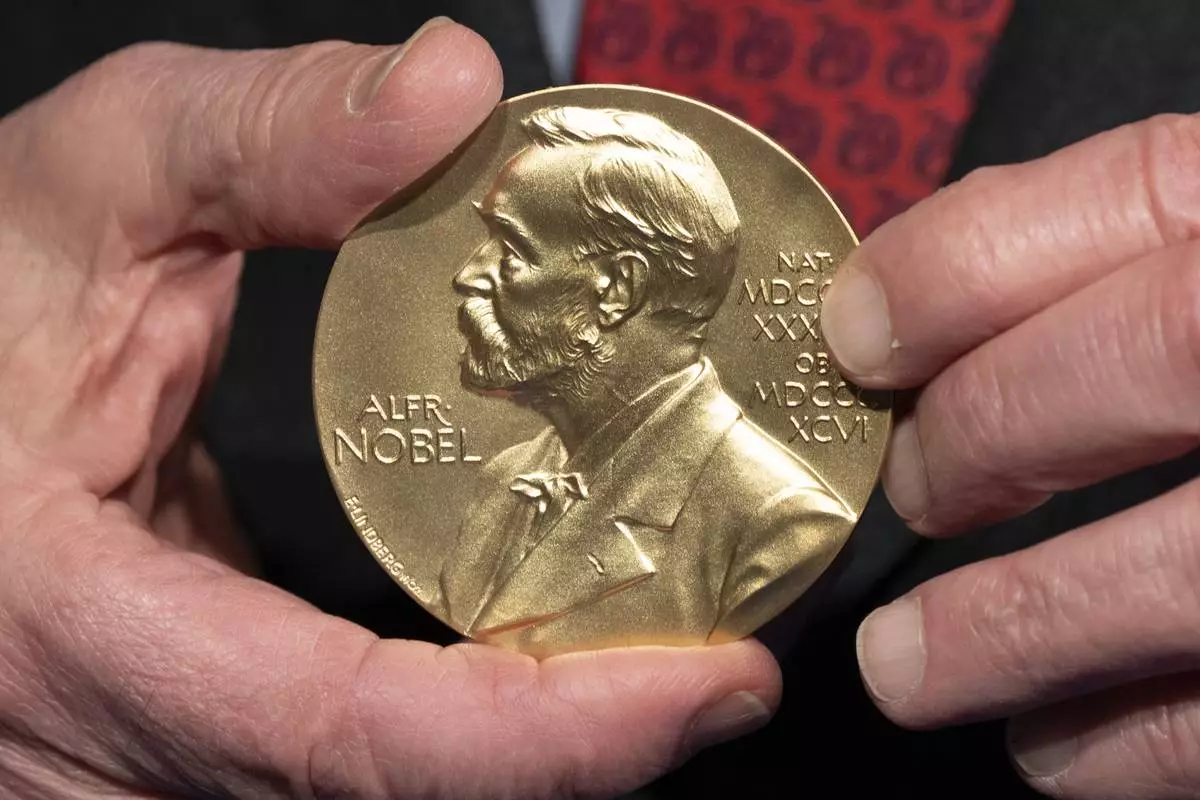
FILE - A close-up view of a Nobel Prize medal at the National Institutes of Health (NIH) in Bethesda, Md., Tuesday, Dec. 8, 2020. (AP Photo/Jacquelyn Martin, File)
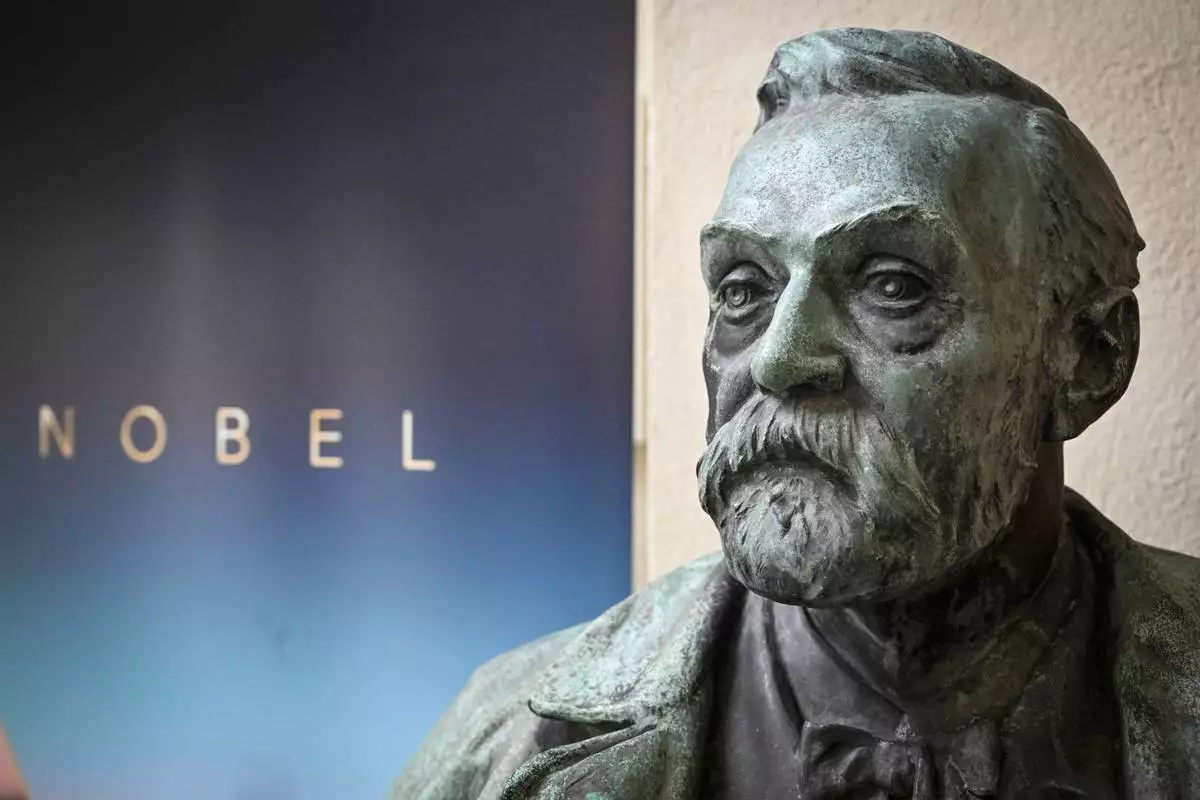
FILE - A bust of Alfred Nobel on display following a press conference at the Karolinska Institute in Stockholm, Sweden, on Monday, Oct. 3, 2022. (Henrik Montgomery/TT News Agency via AP, File)


